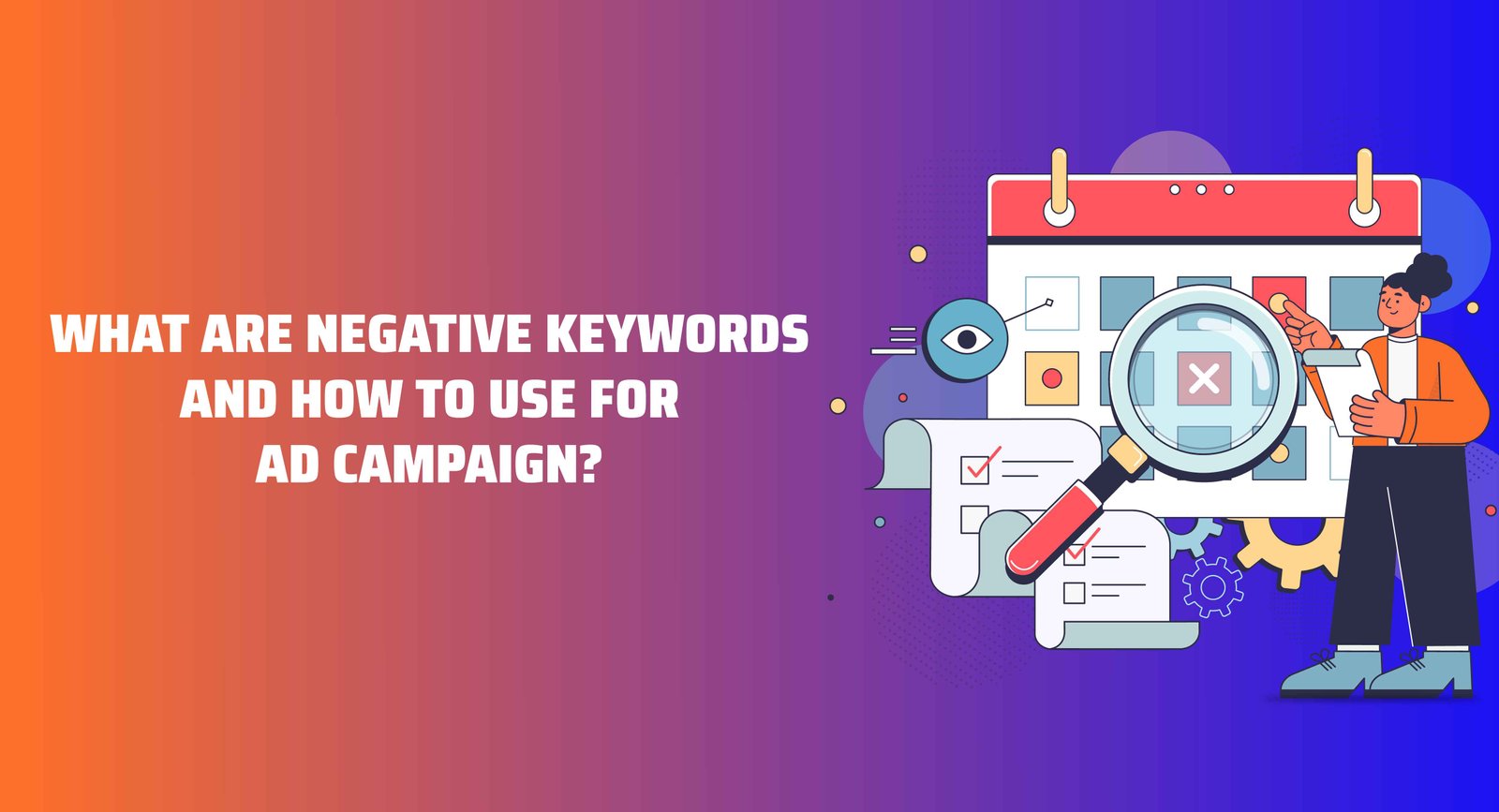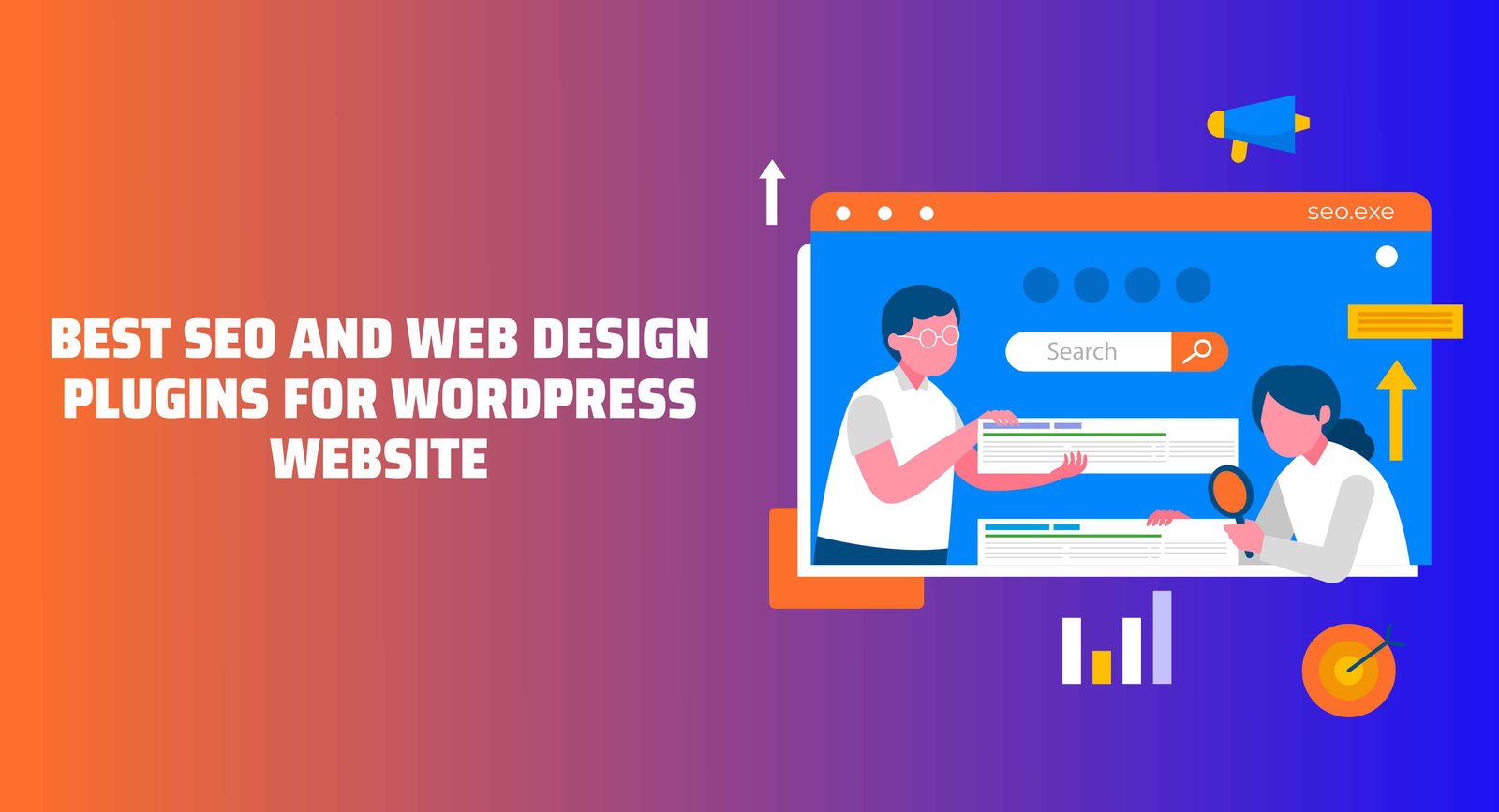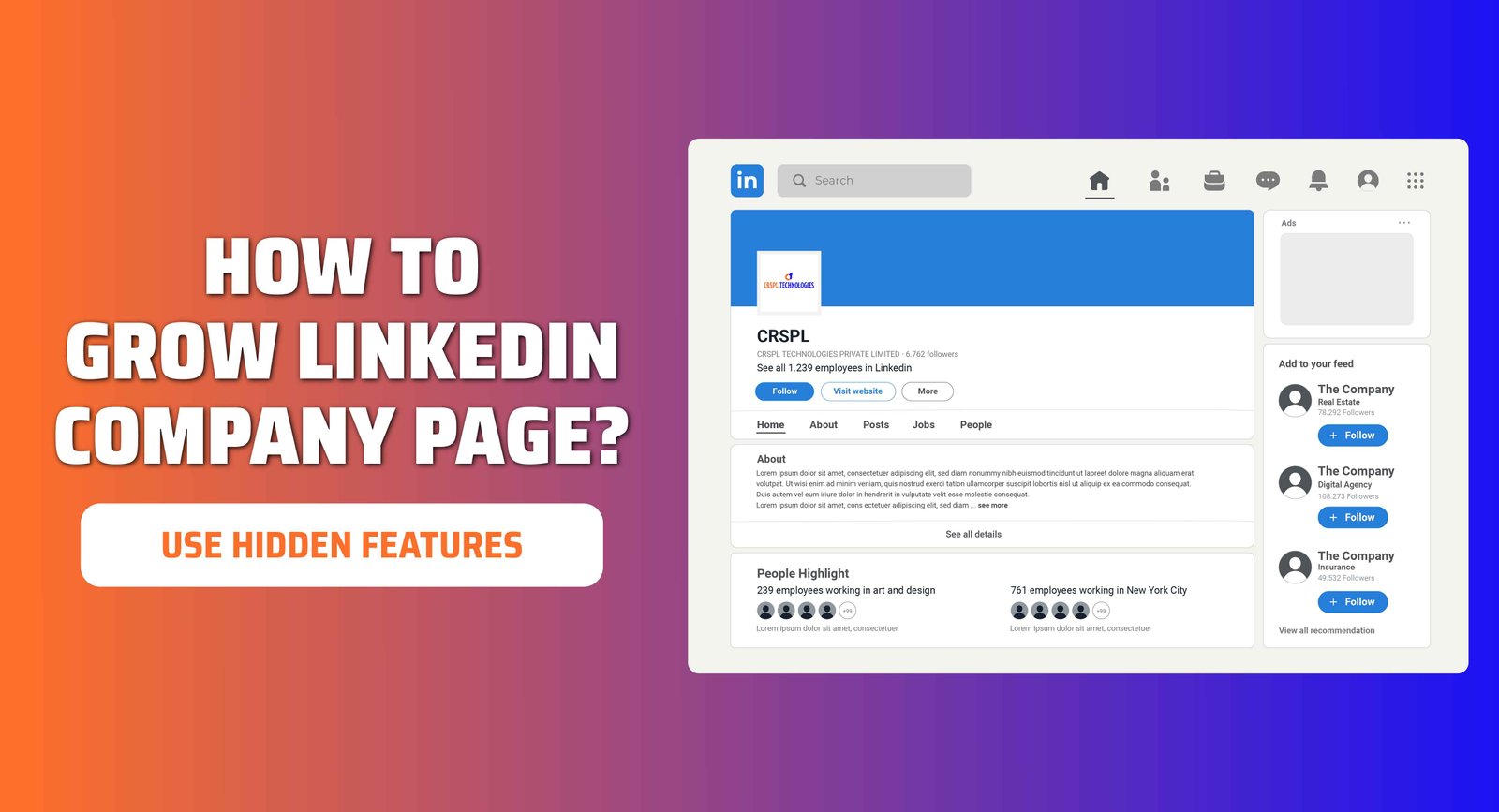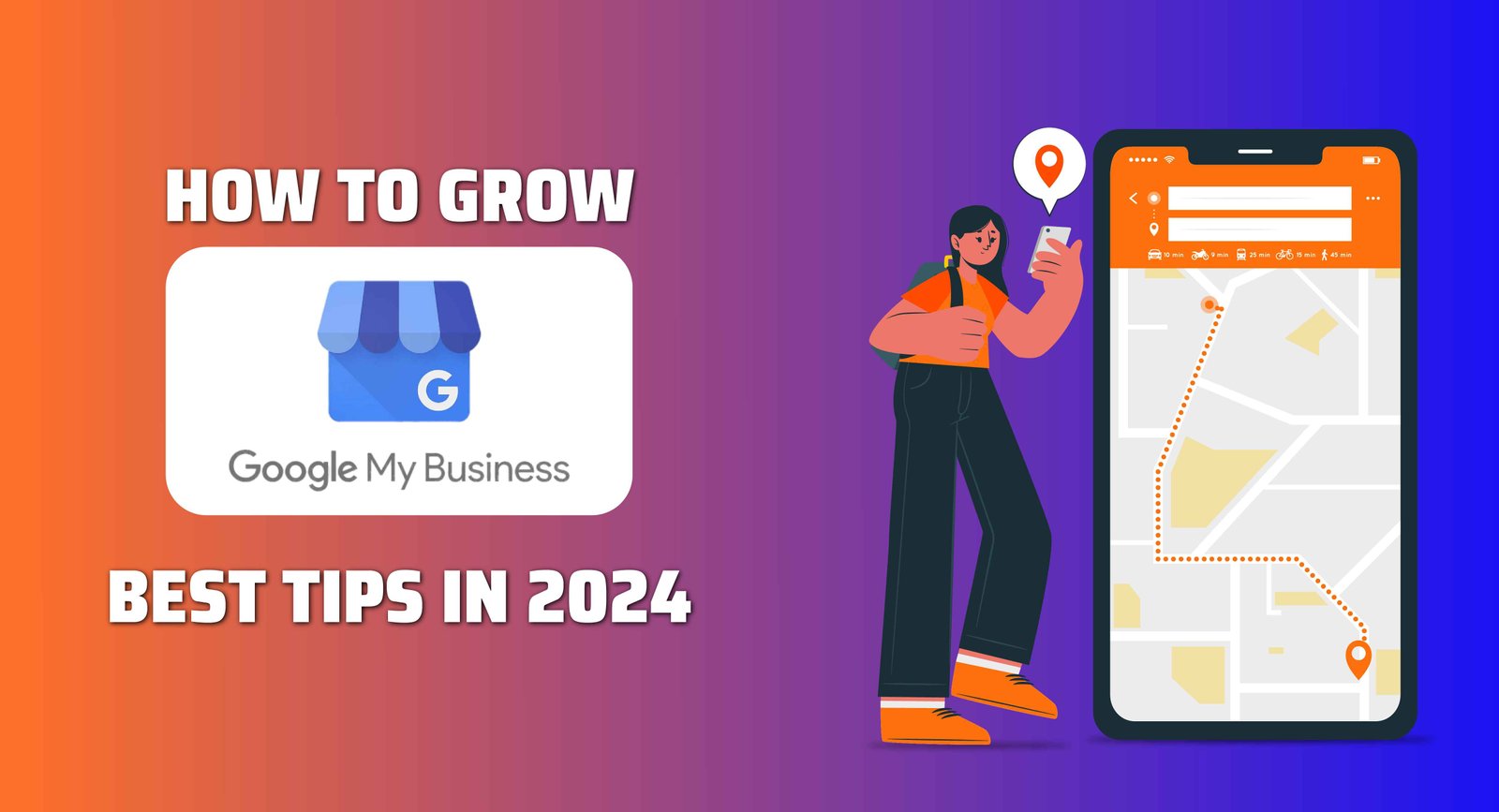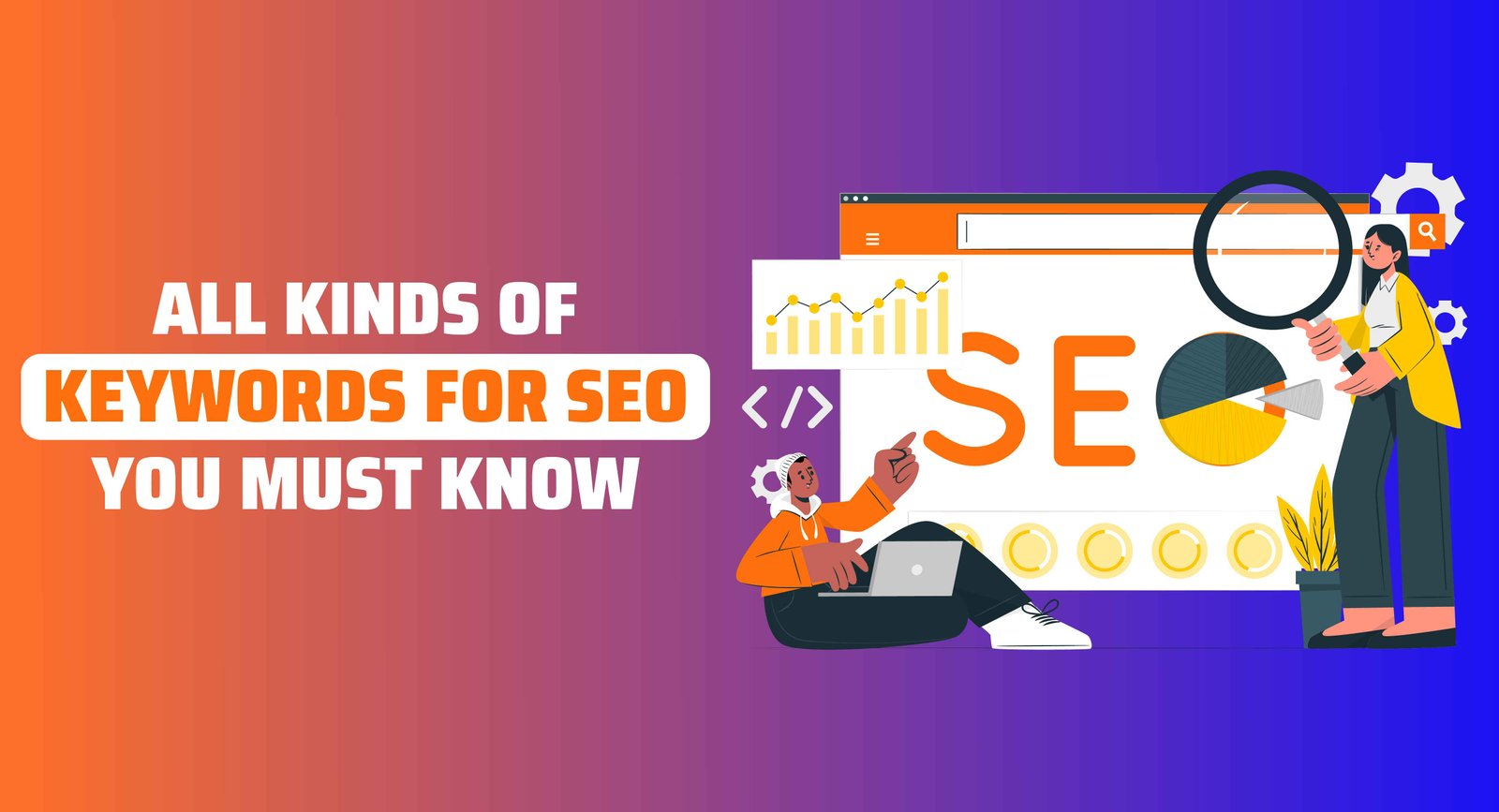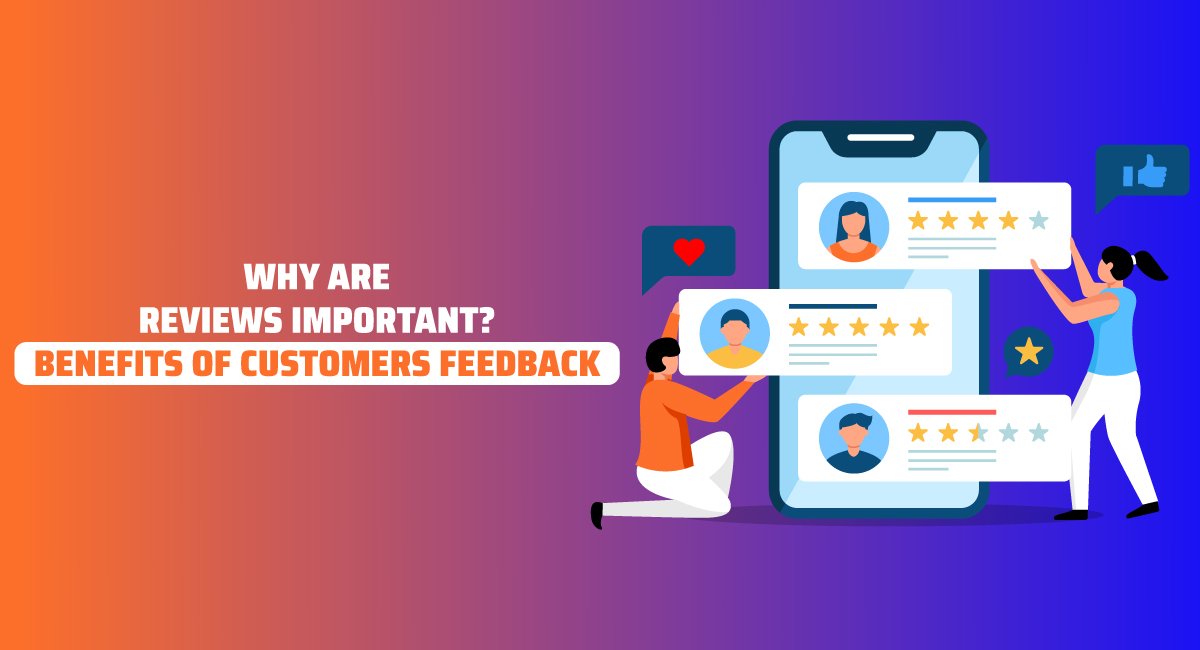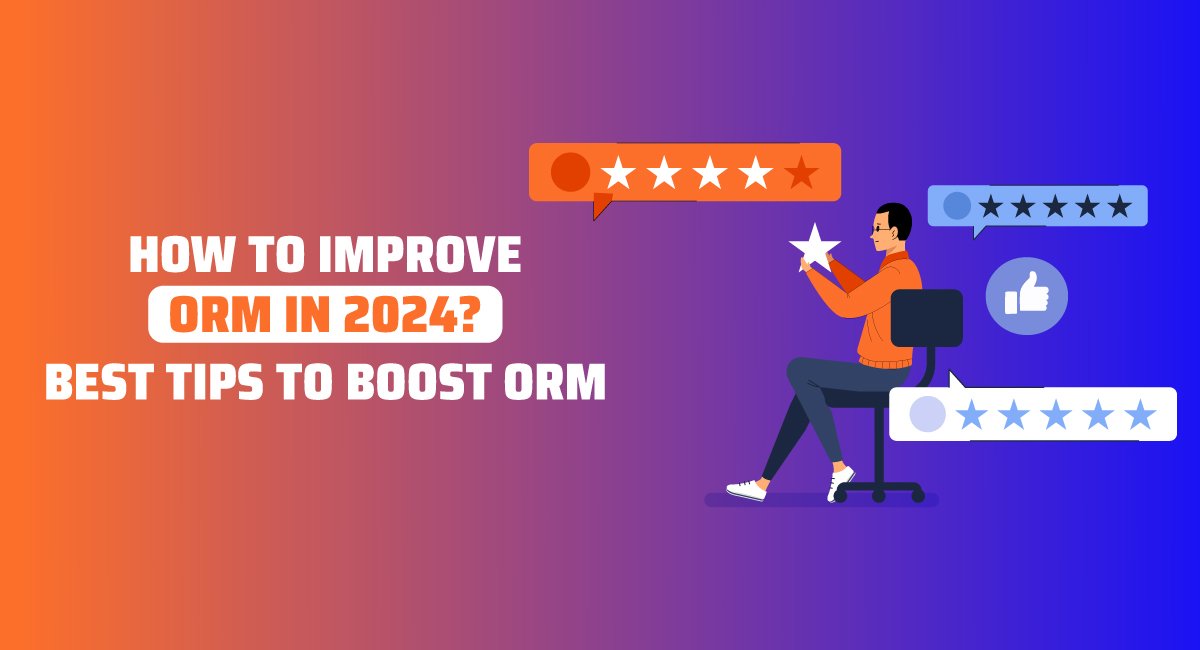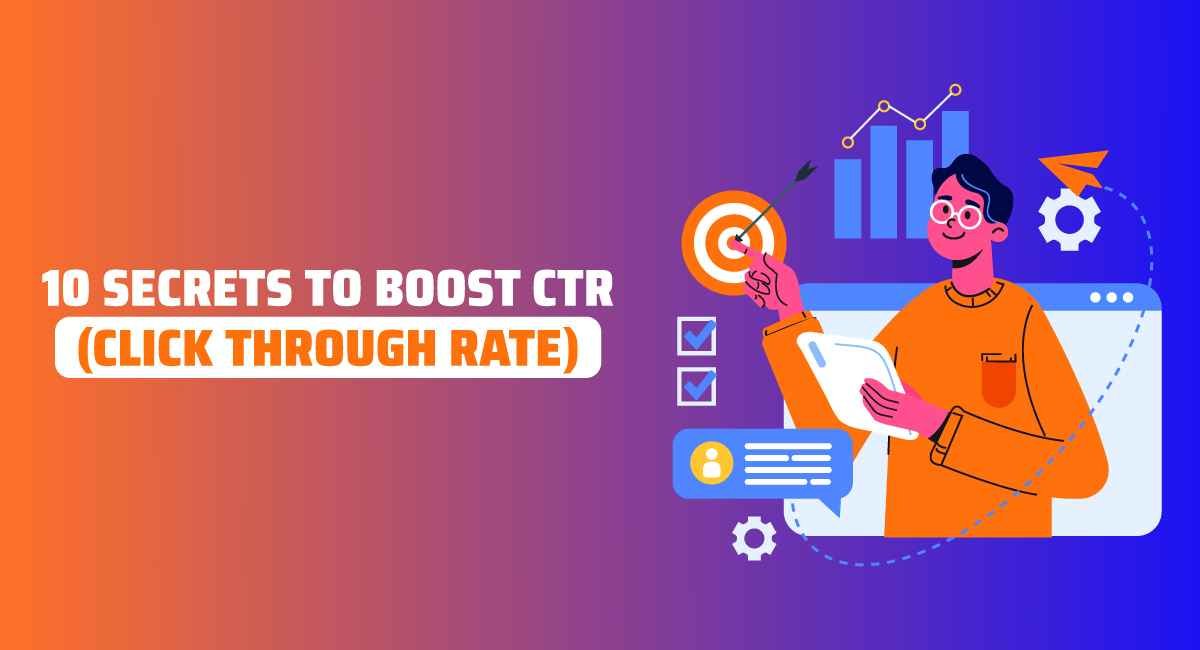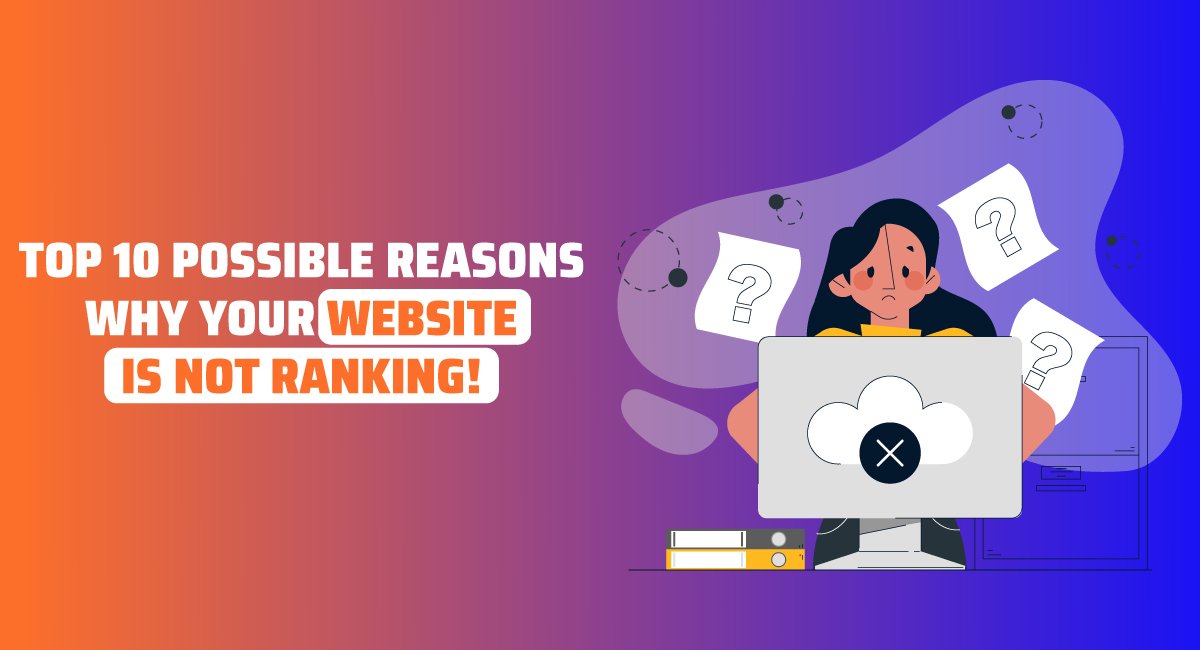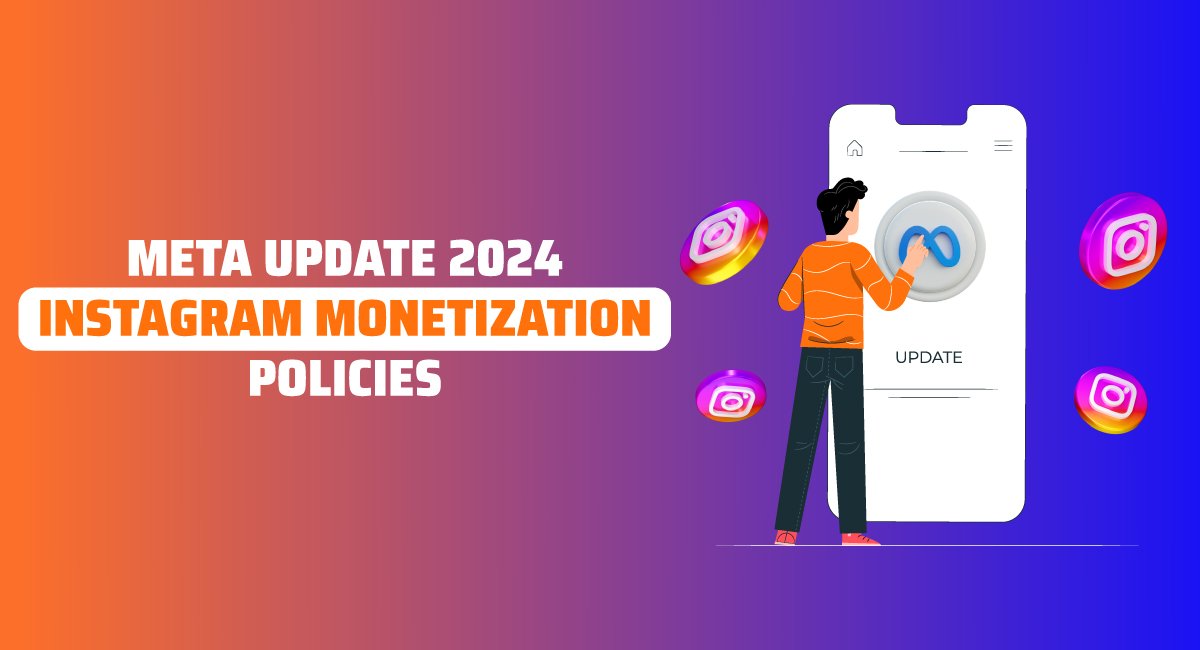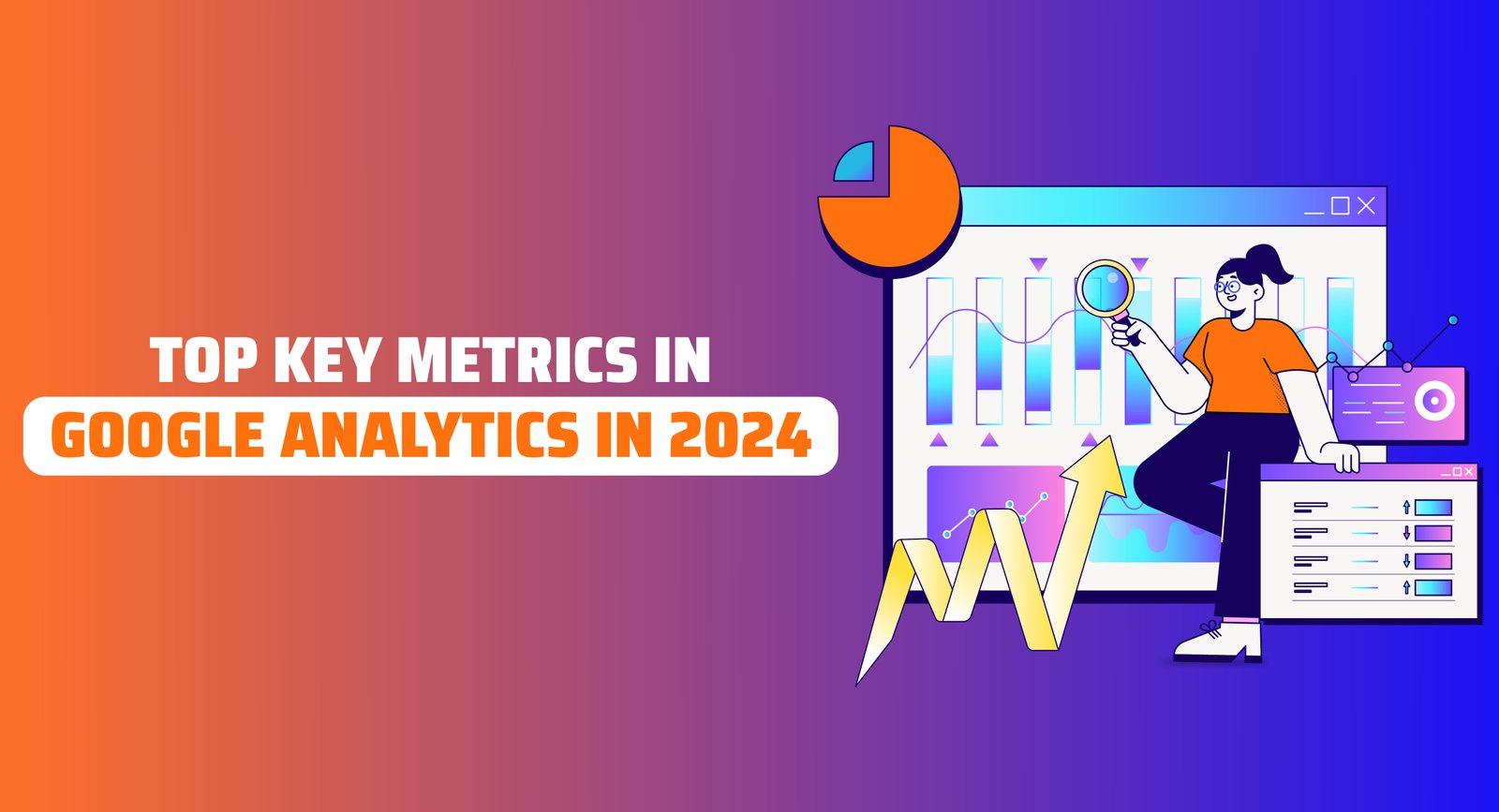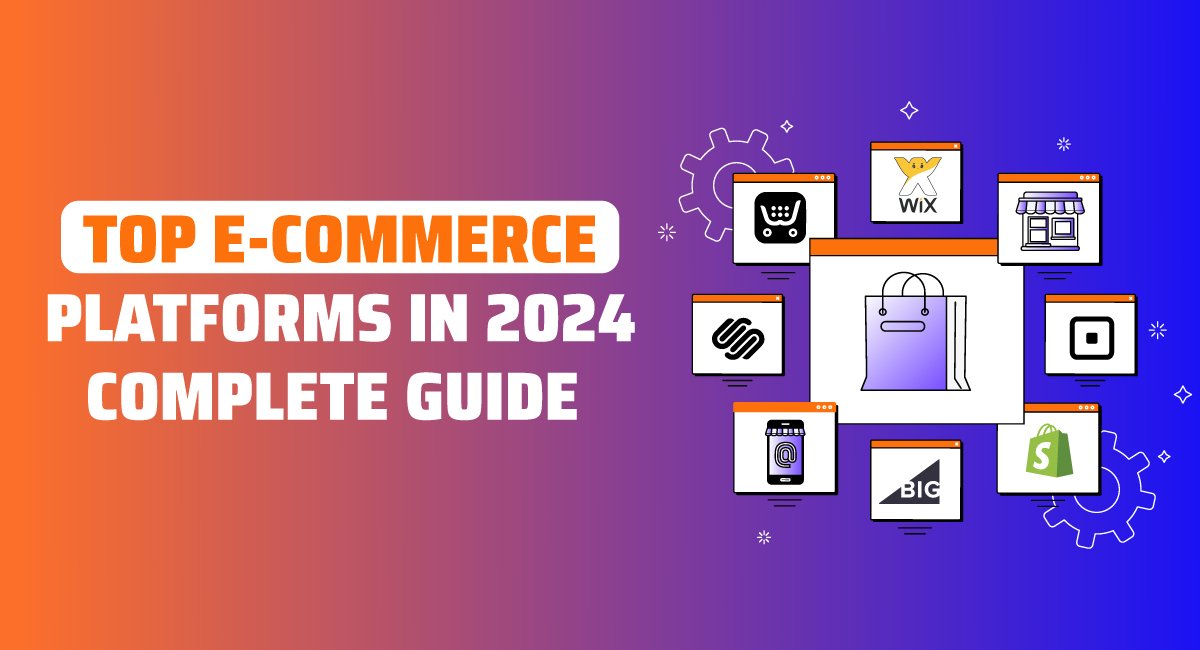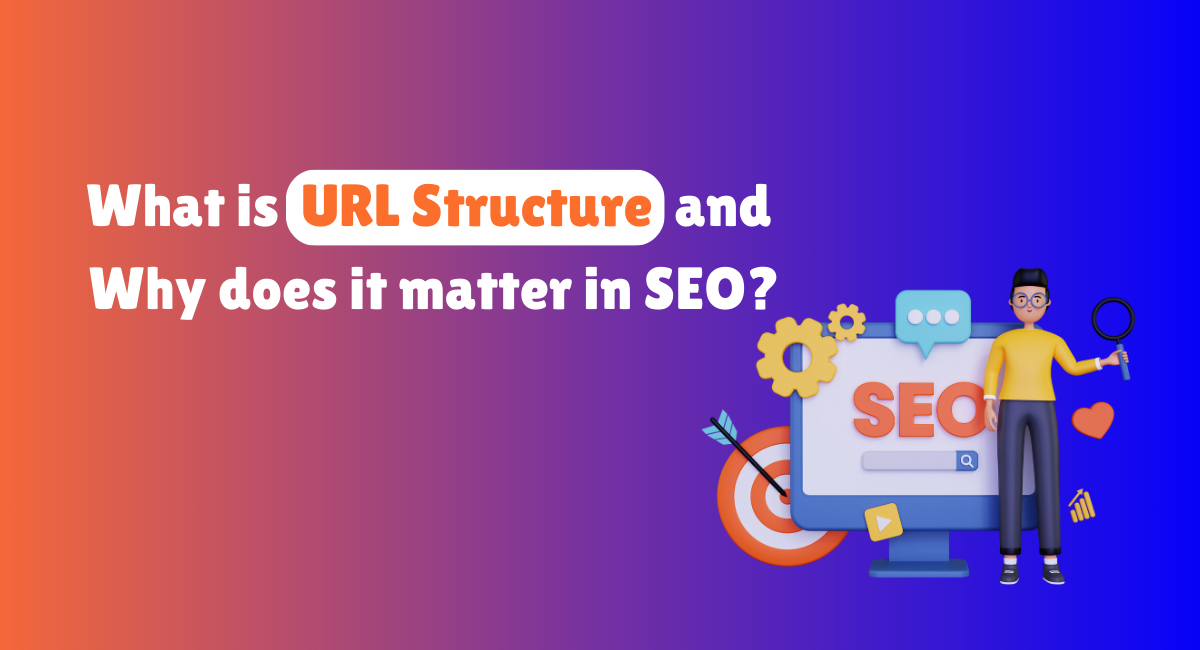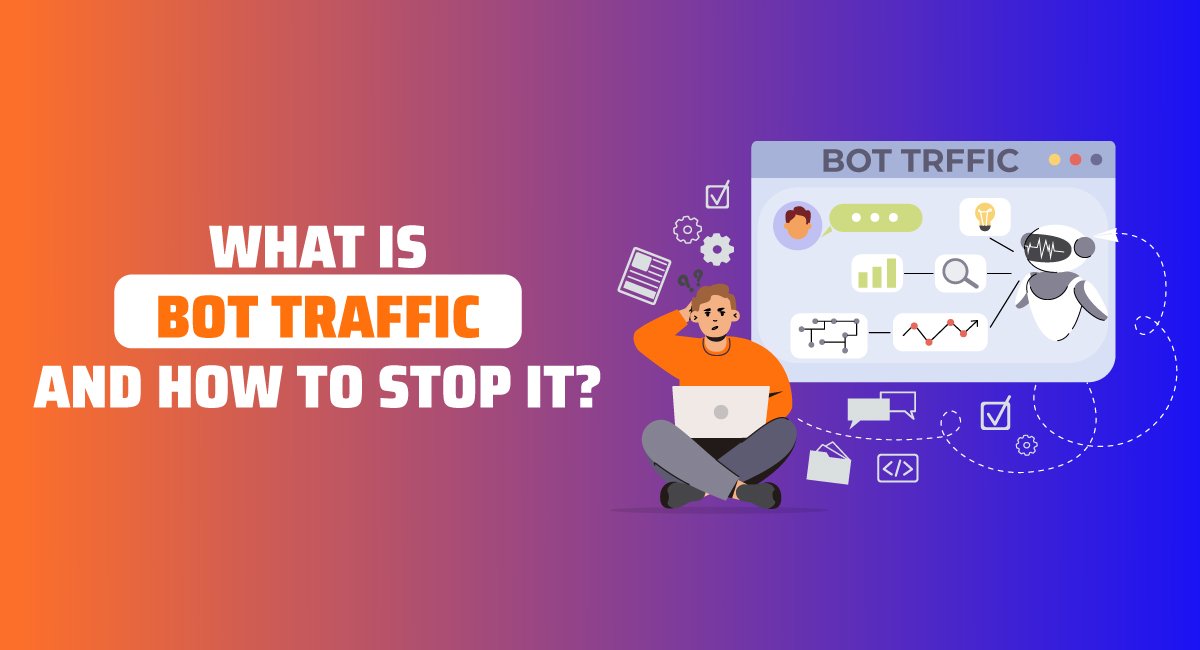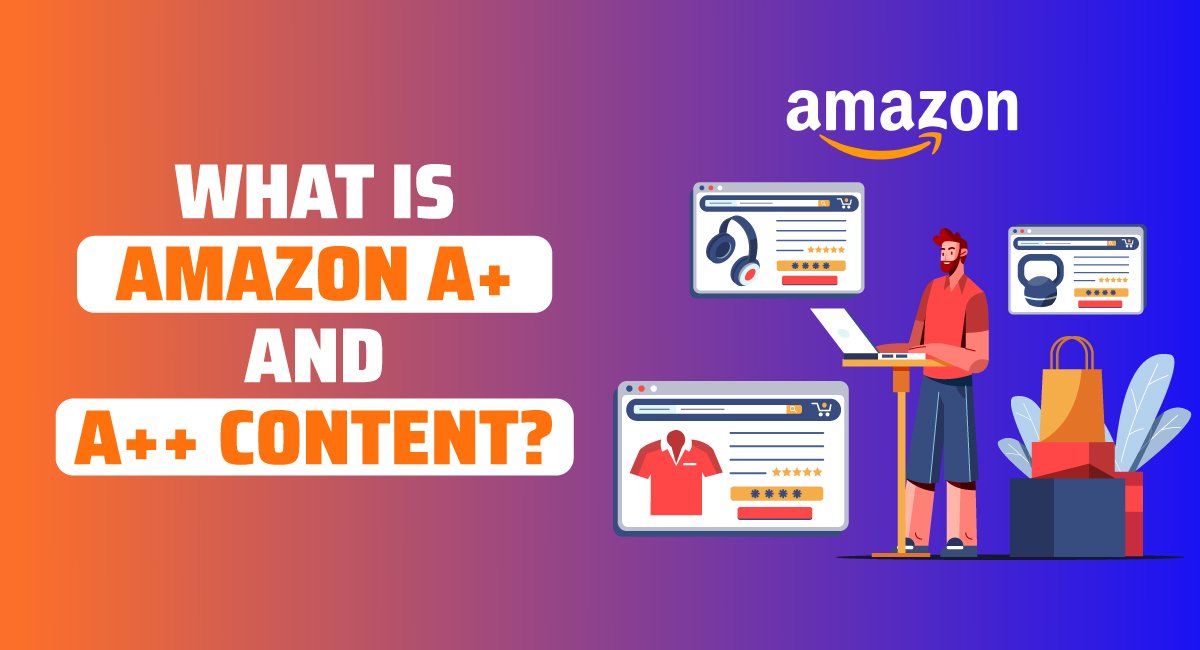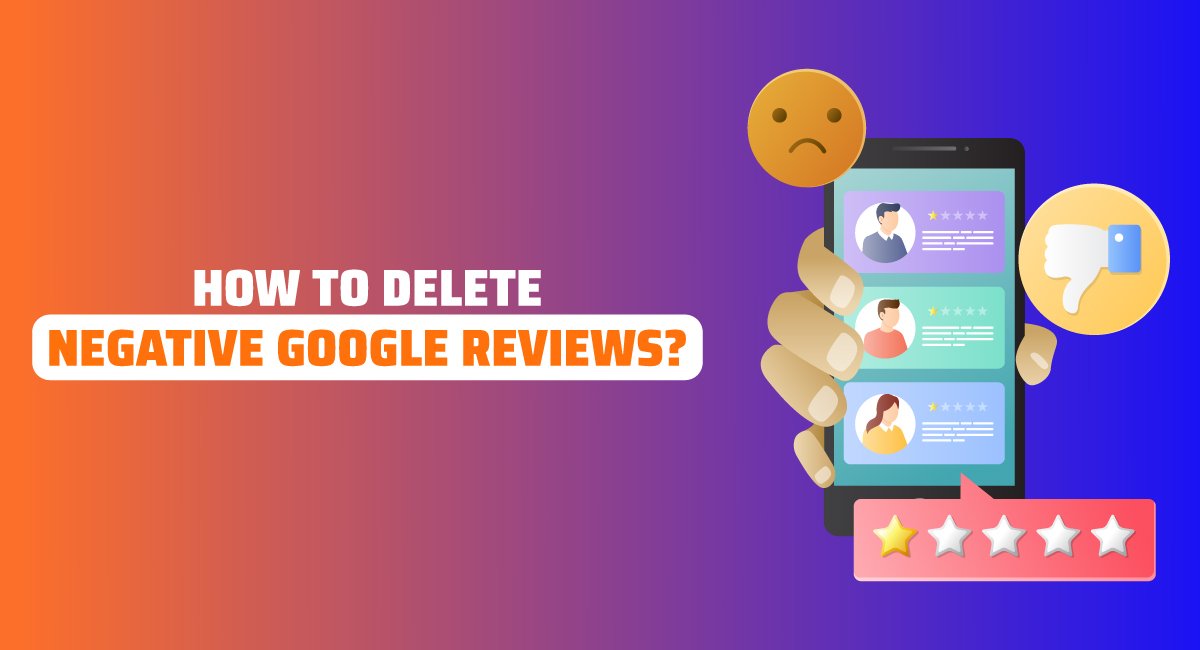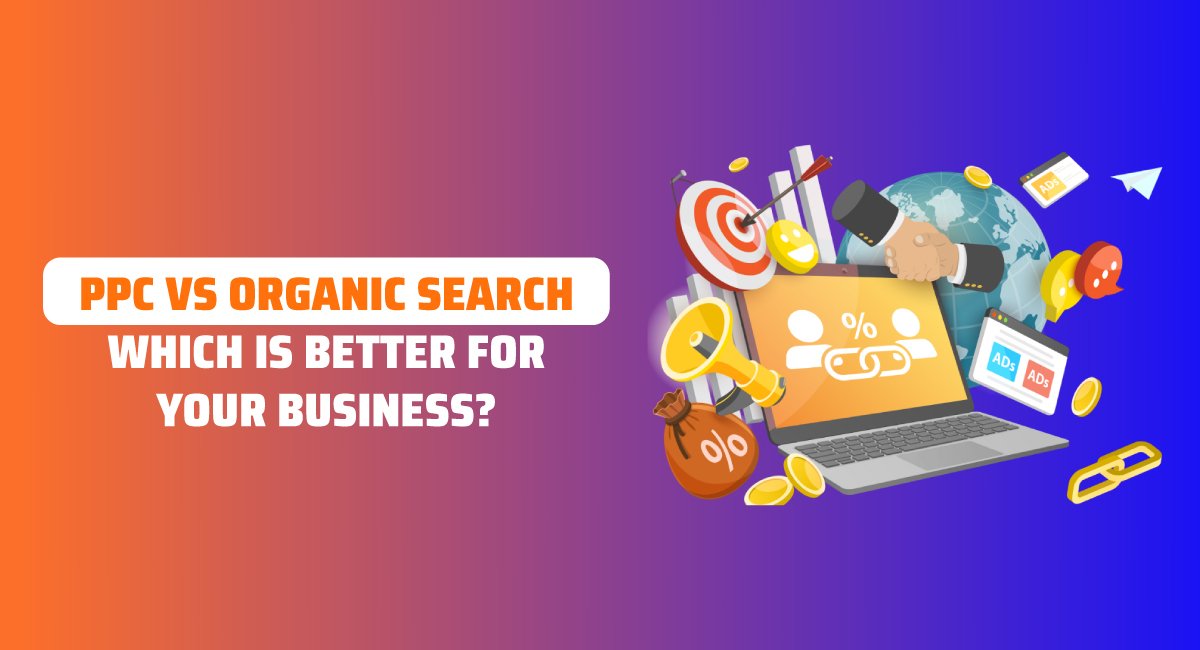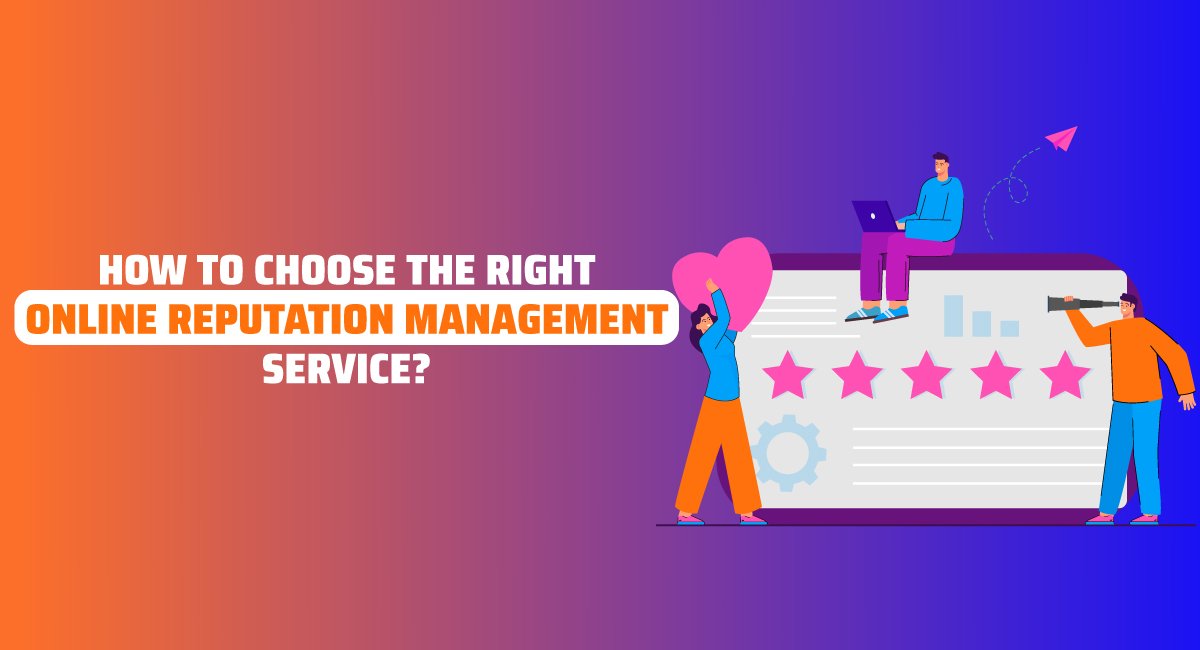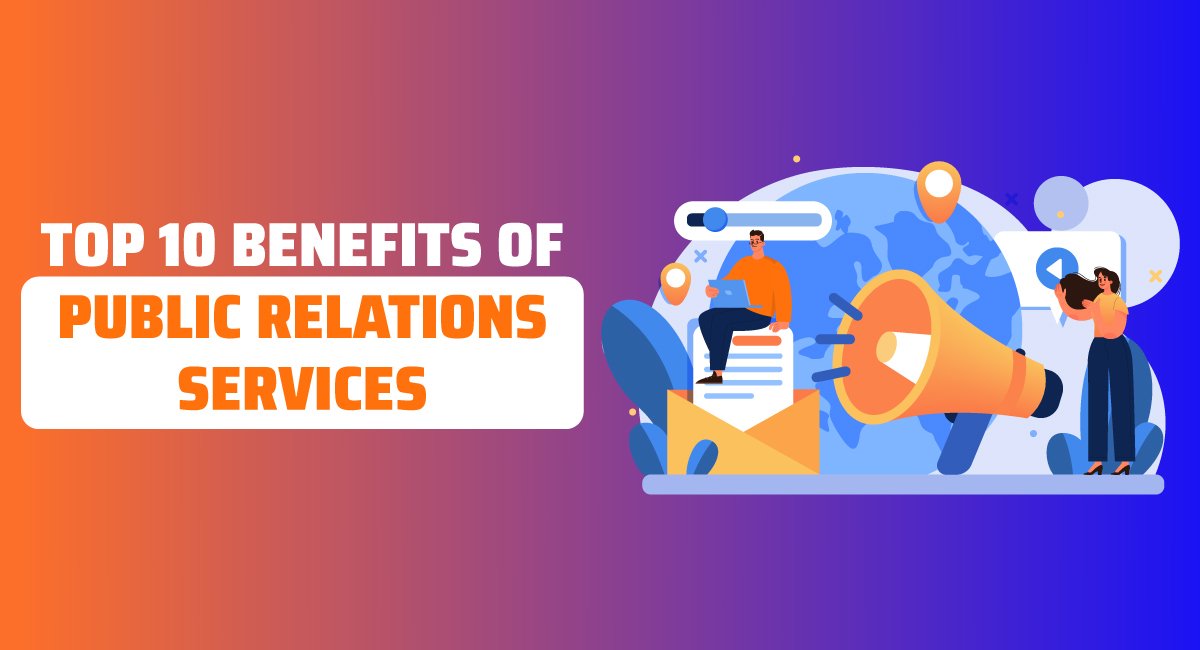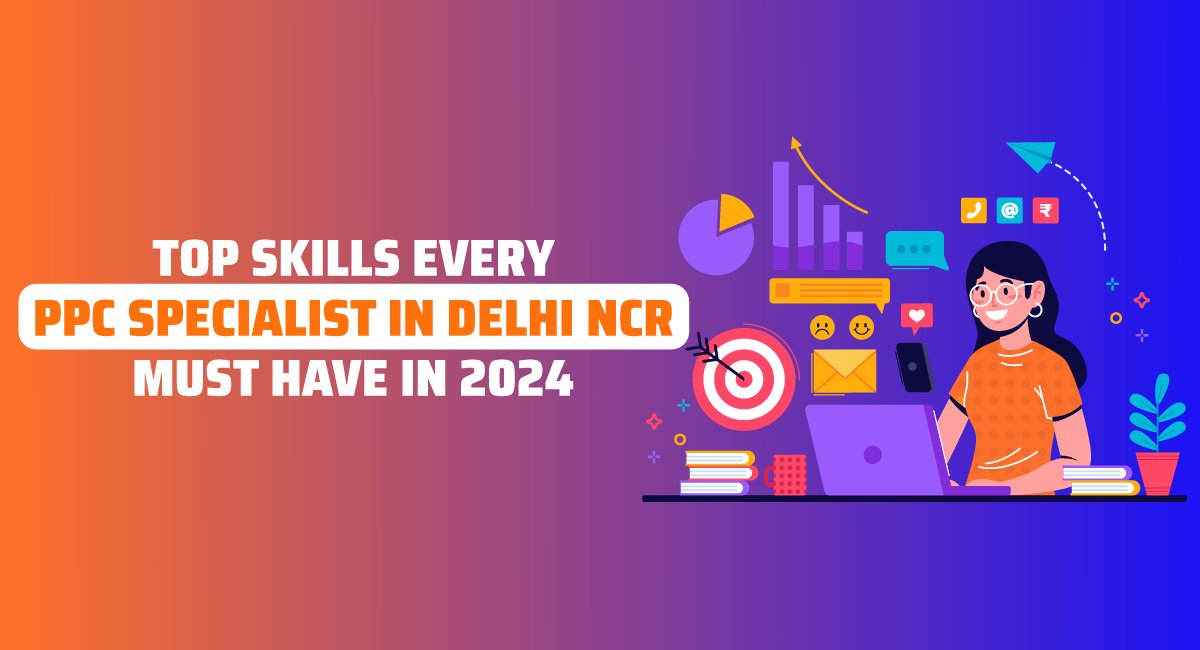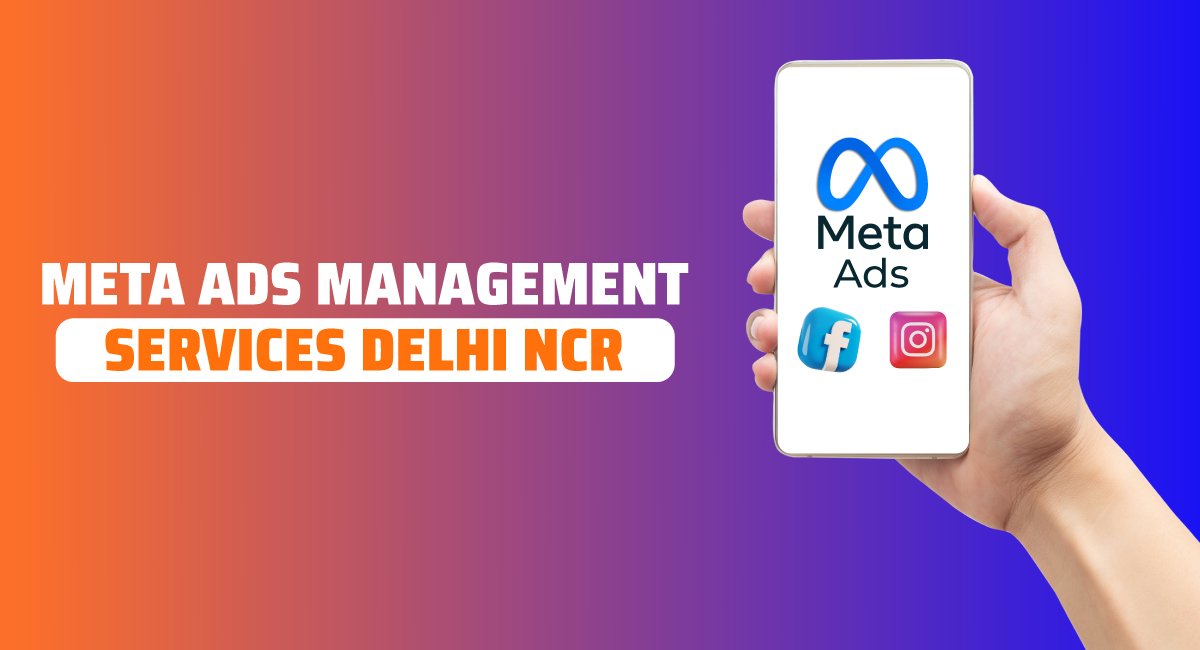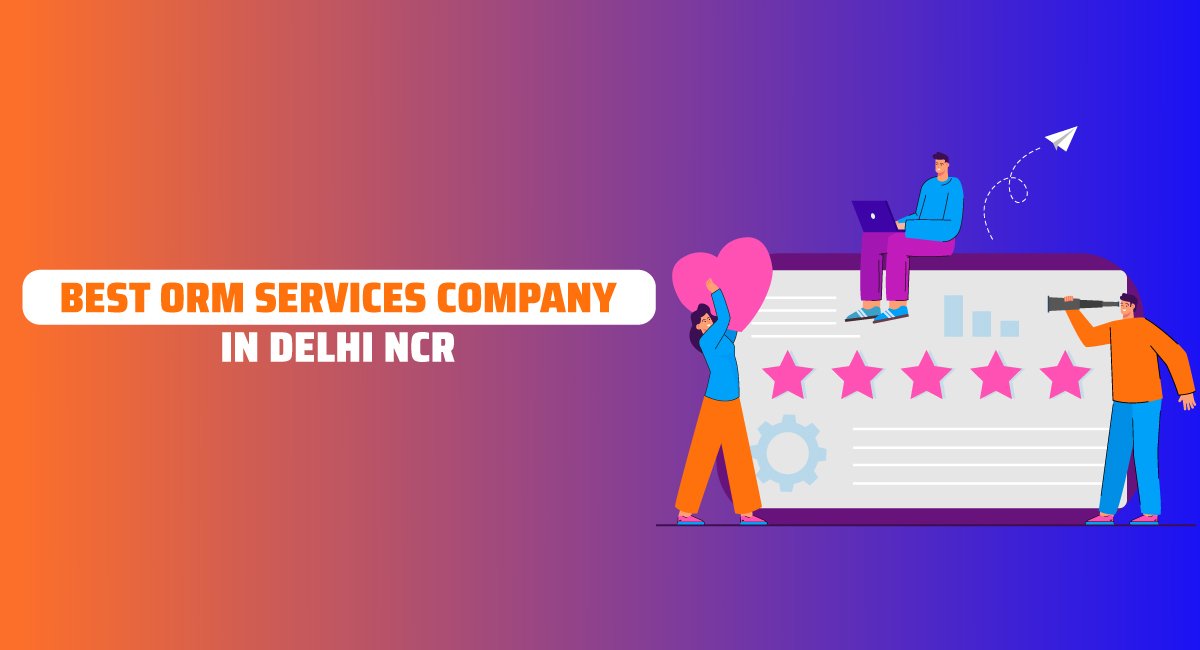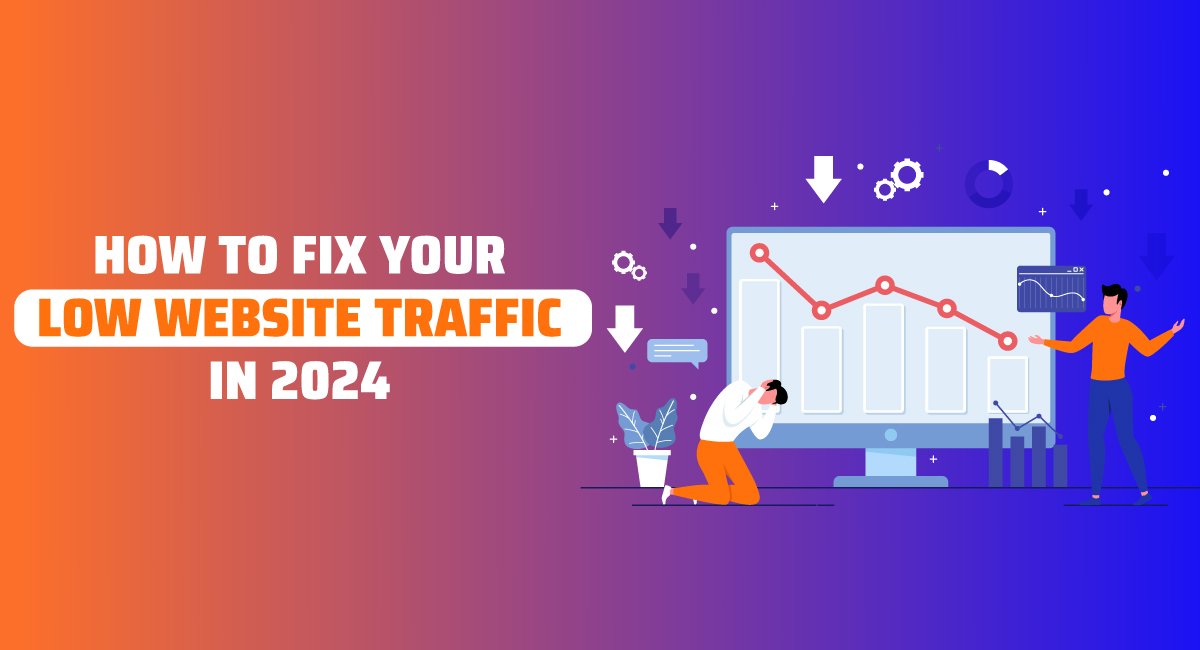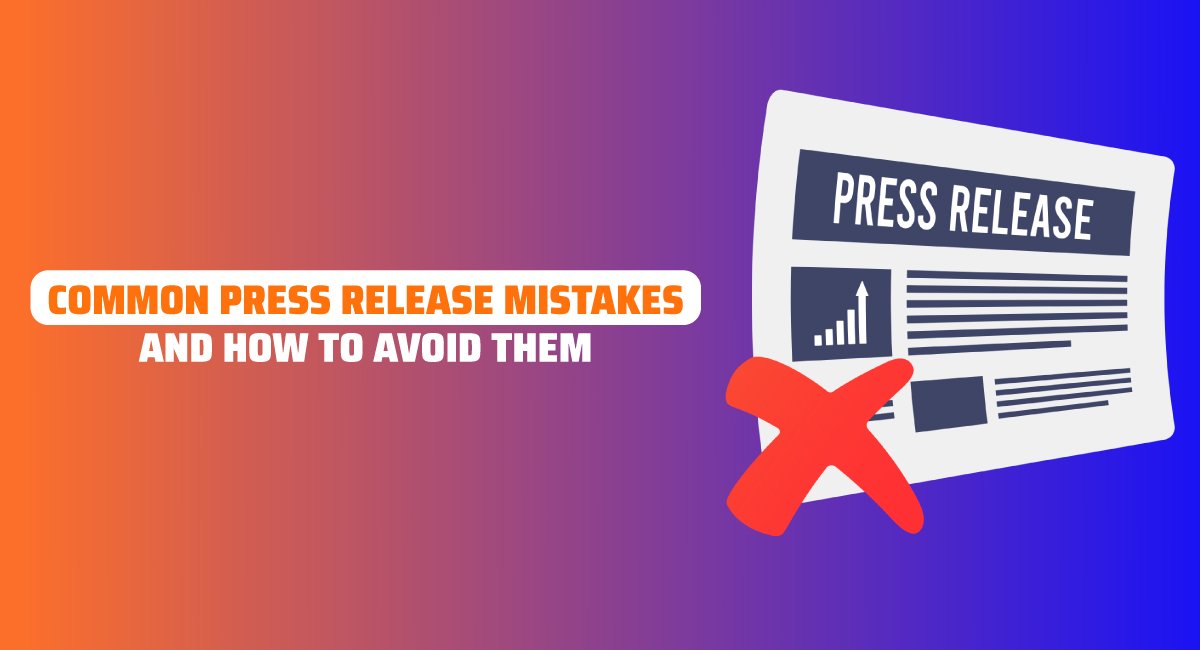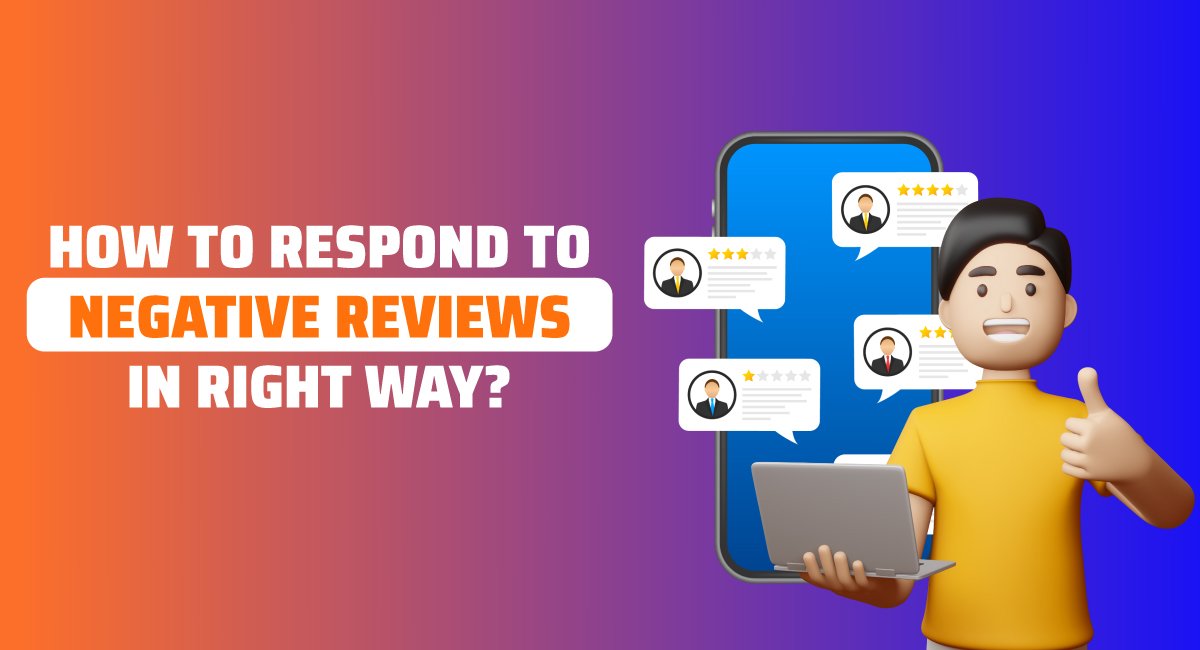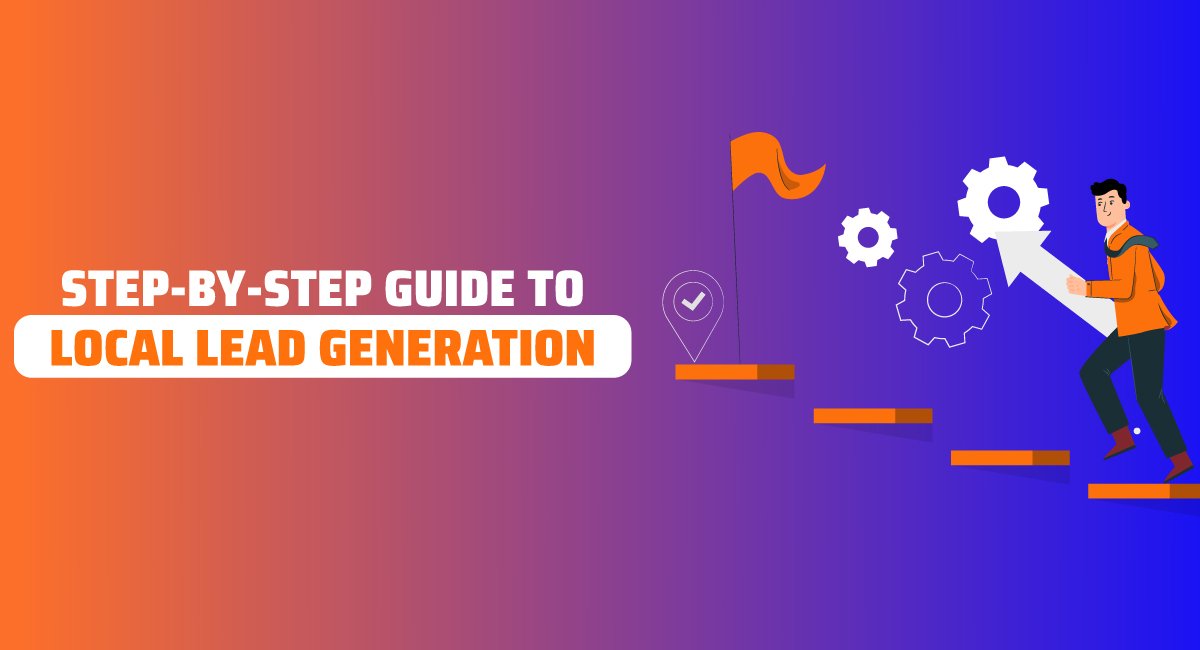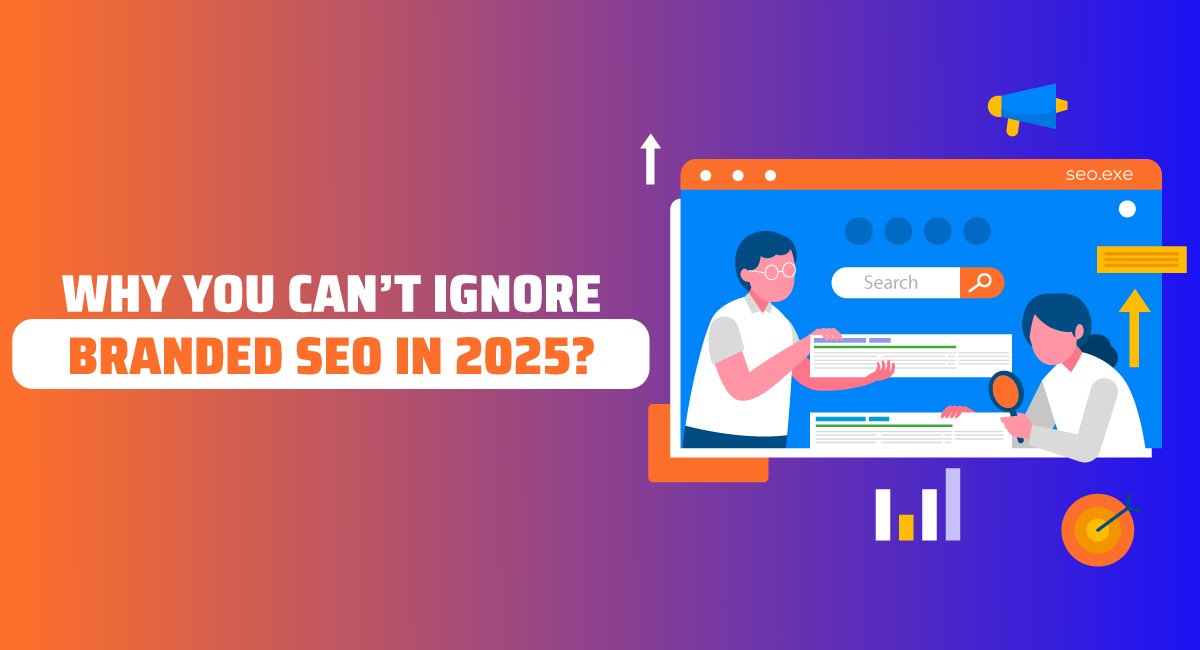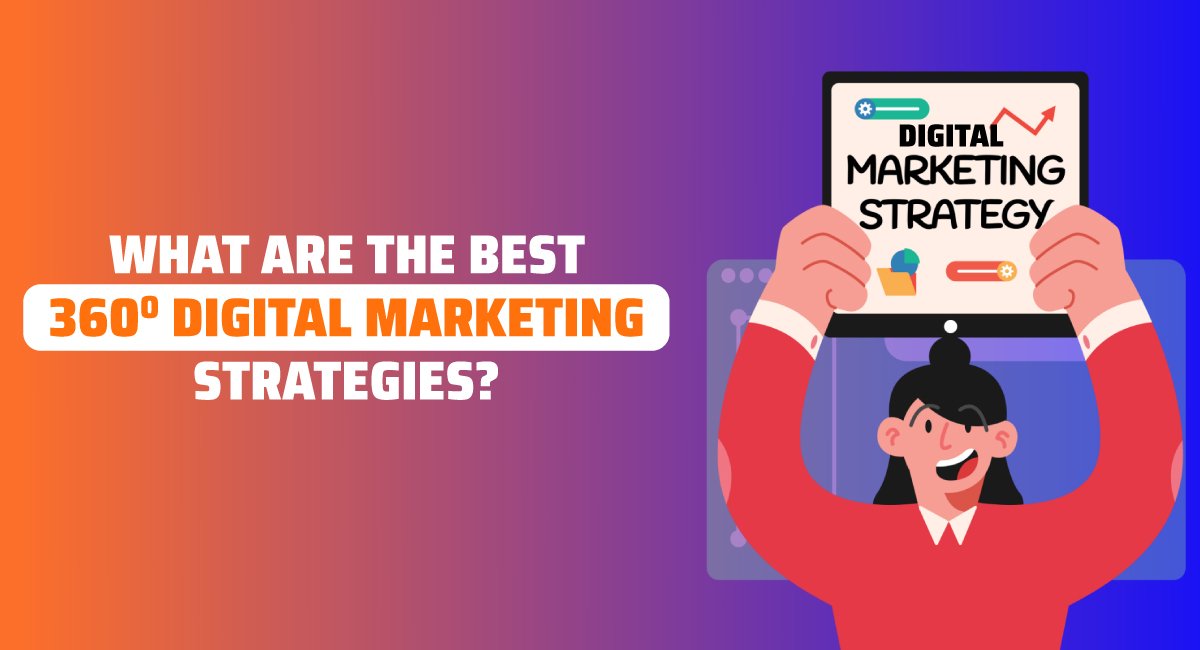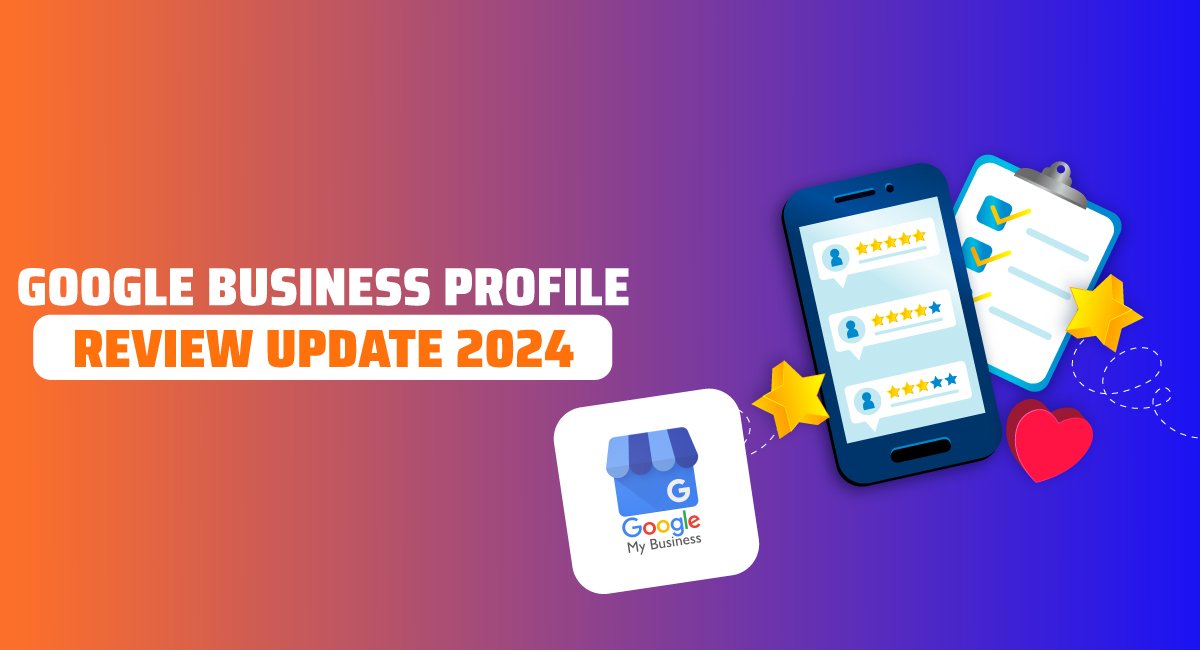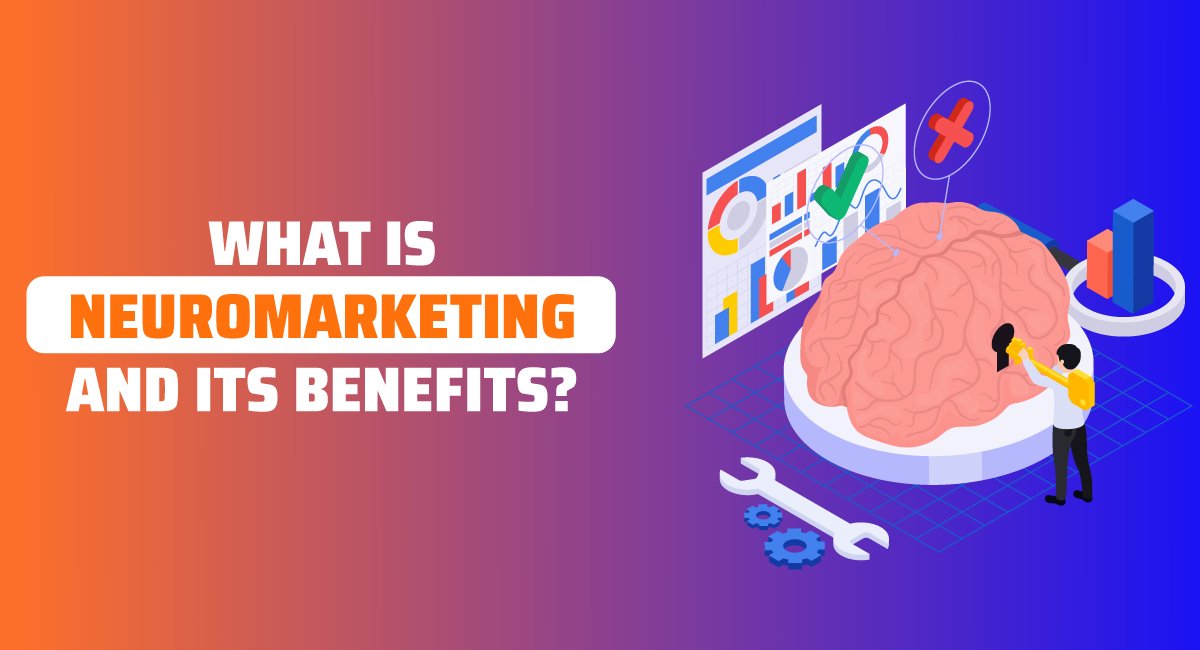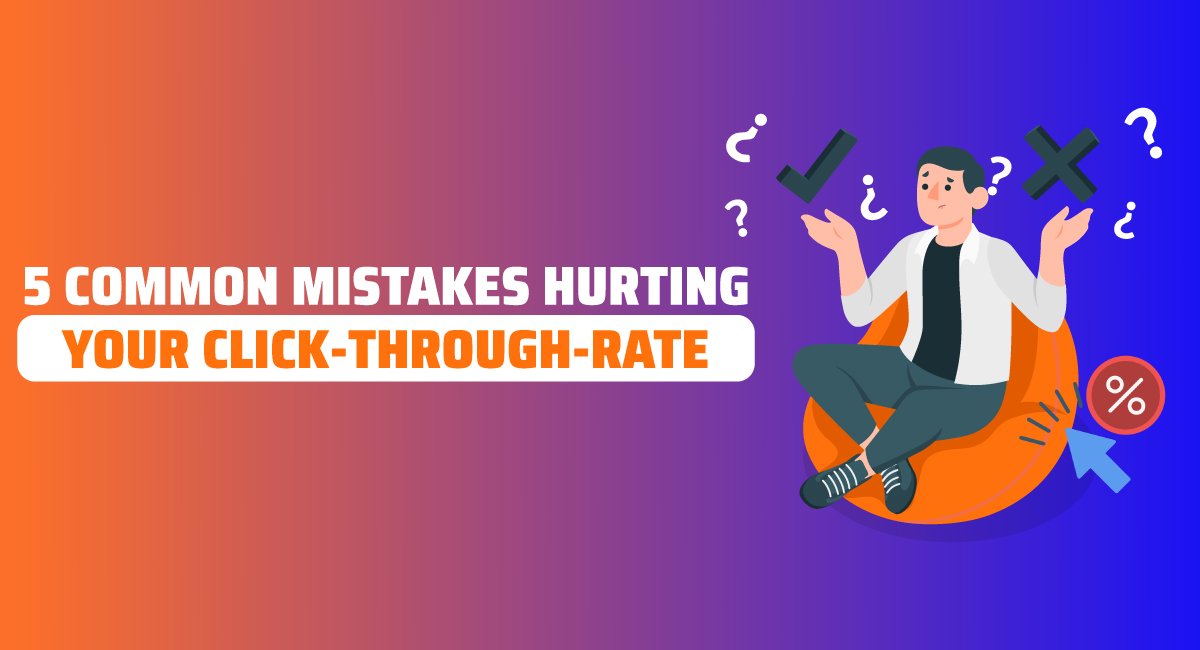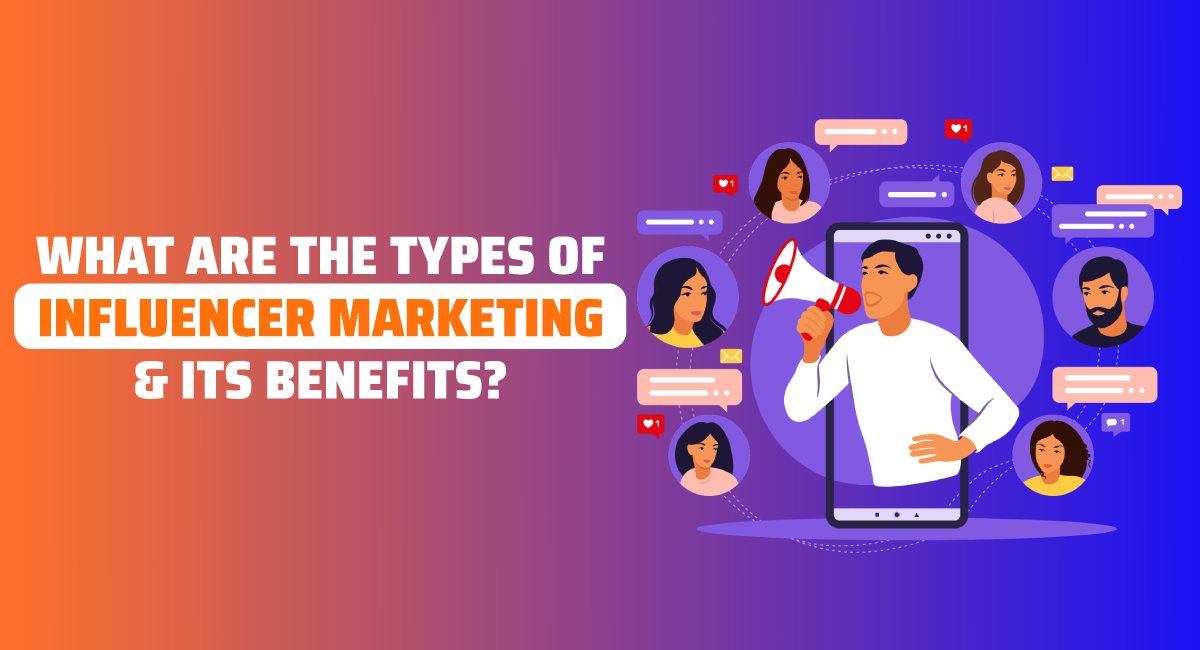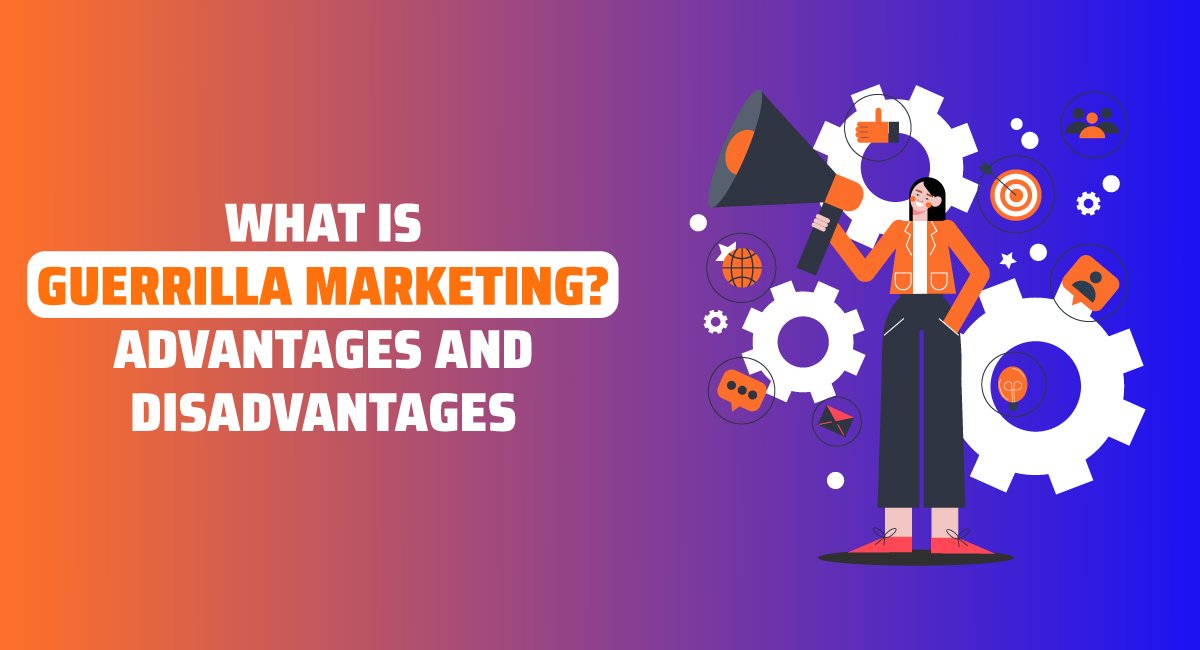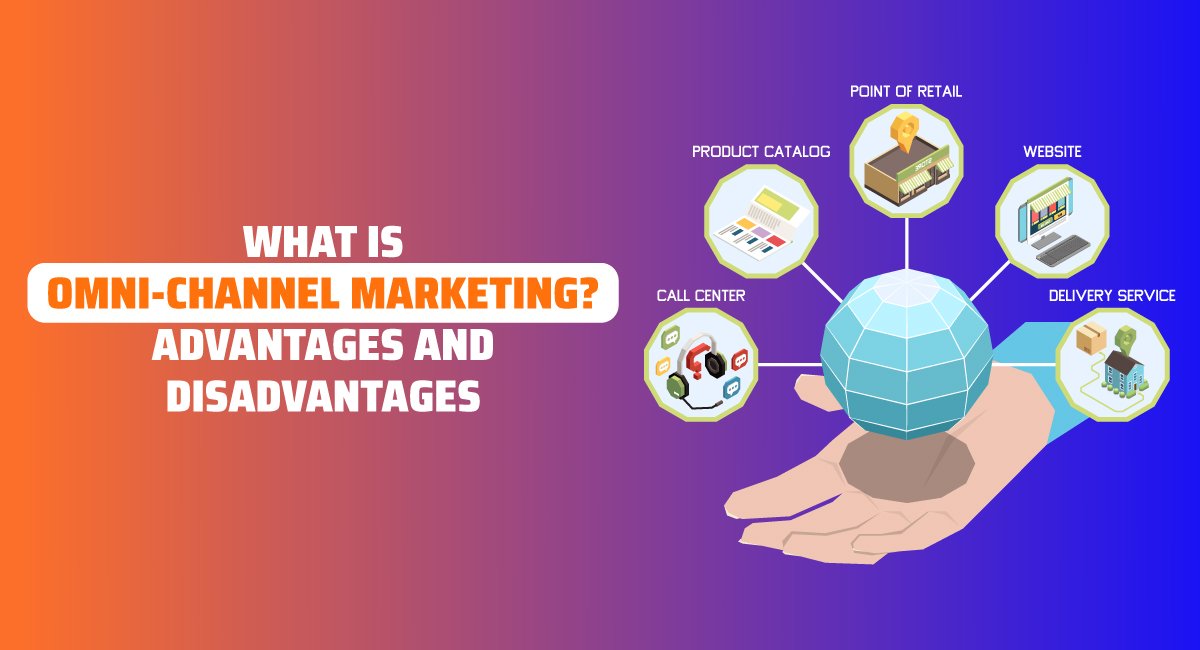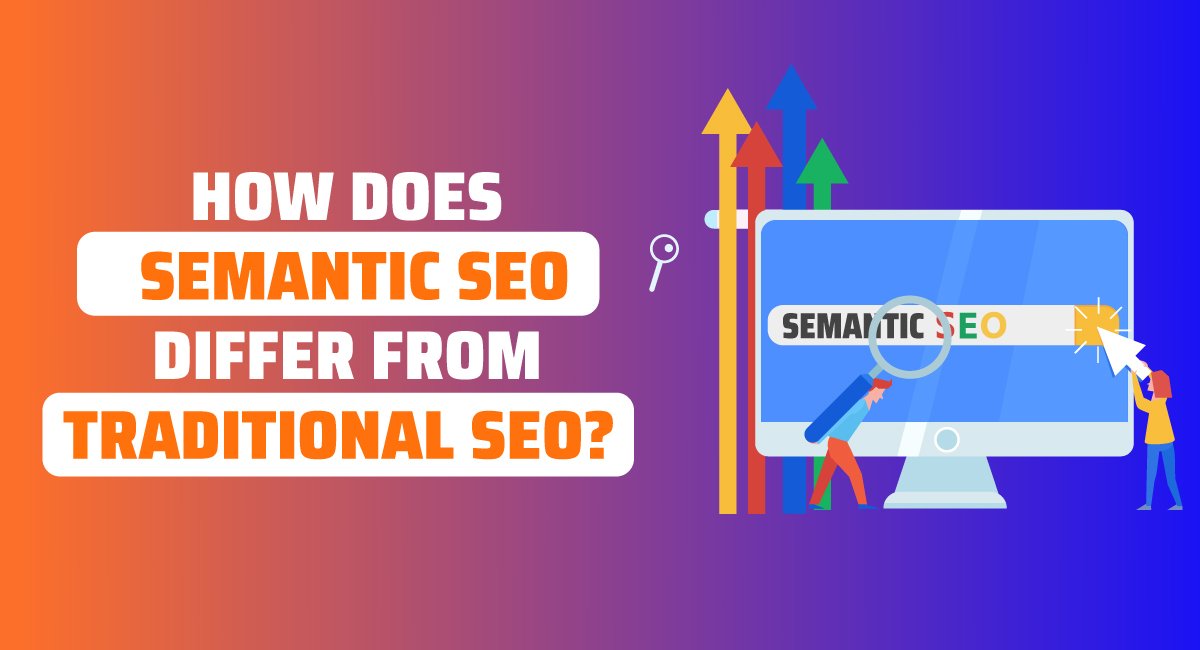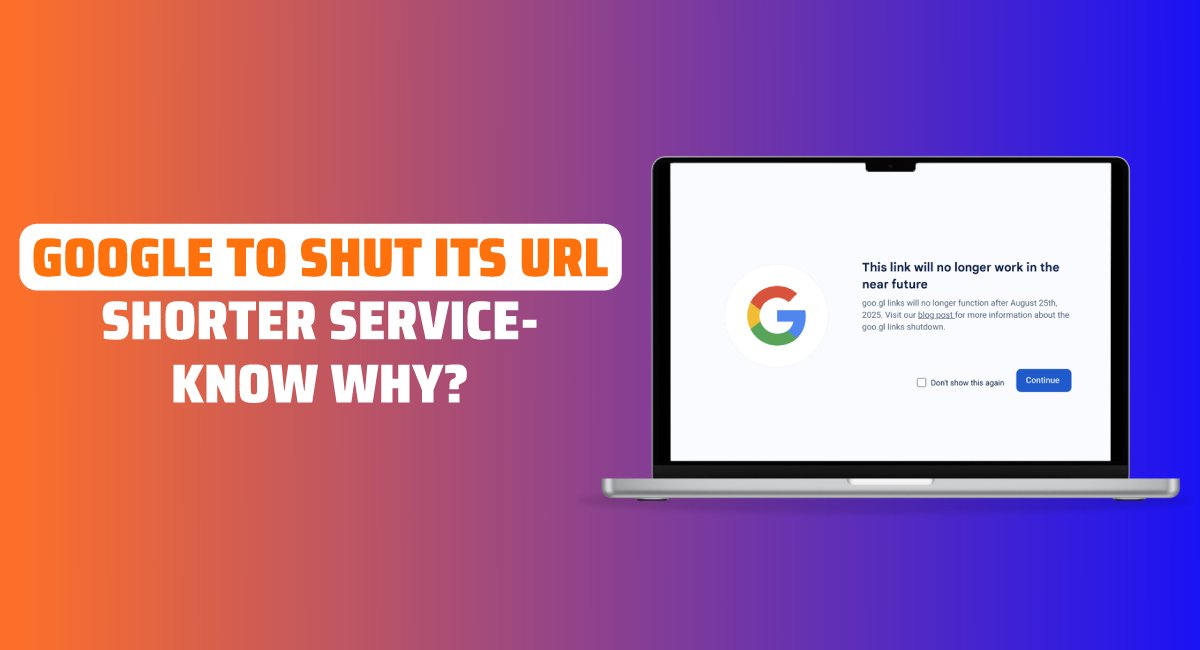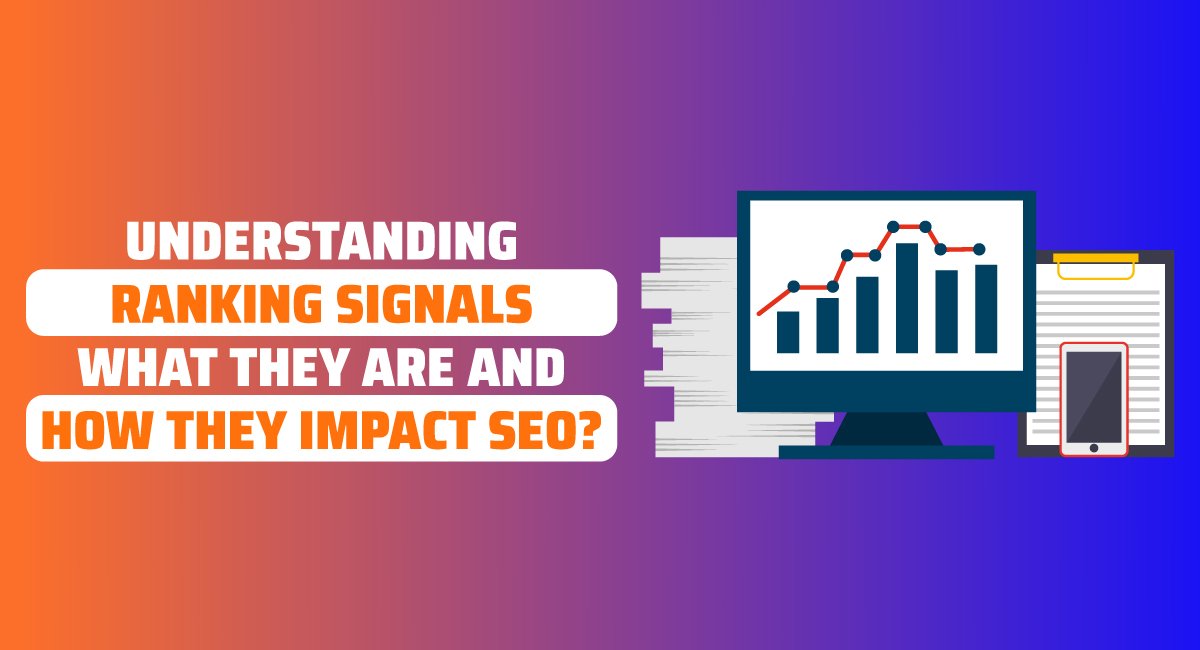
What is Local SEO? Key Elements, Ranking Factors and More
Local SEO (Search Engine Optimization) refers to the process of optimizing a business's online presence to attract more business from relevant local searches on search engines like Google. It involves various strategies and tactics aimed at making a business more visible in local search results, both in Google's Local Pack (the map section that appears prominently in search results) and organic search listings.
Local SEO, or local search engine optimization, is a crucial component of digital marketing strategies for businesses aiming to attract customers from a specific geographical area. It involves optimizing a website and online presence to rank higher in local search results, such as Google Maps and local business directories. Here we have to mention all the local details of the business such as name address photos, working hours and more.
Most of the time it is adopted by small businesses, as it helps them compete against larger corporations and reach customers in their immediate vicinity. Local SEO focuses on implementing tactics like keyword optimization, creating local-focused content, claiming and optimizing Google My Business listings, and generating positive online reviews from customers in the area.
Key Elements of local SEO Include
1. Google My Business (GMB): Creating and optimizing a Google My Business profile is crucial. This includes ensuring the accuracy and consistency of business information (name, address, phone number), adding business hours, selecting relevant categories, and uploading photos.
2. Local Citations: These are mentions of a business name, address, and phone number (NAP) on other websites like directories, social platforms, and local business associations. Consistency across these citations helps establish trust with search engines.
3. Localized Content: Creating content that is locally relevant can help improve local search rankings. This includes blog posts, articles, or other content that mentions local events, news, or interests.
4. Online Reviews: Positive reviews on platforms like Google My Business can influence both potential customers and search engine algorithms. Encouraging and managing reviews is important for local SEO.
5. Local Link Building: Getting links from locally relevant websites can boost local search rankings. This could include local partnerships, sponsorships, or collaborations.
6. On-Page SEO: Optimizing the website's on-page elements (title tags, meta descriptions, headers, etc.) with local keywords can help improve local search visibility.
7. Mobile Optimization: Ensuring the website is mobile-friendly is crucial, as many local searches are conducted on mobile devices.
Why Local SEO is Important?
One of the key roles of local SEO is that it helps businesses increase their visibility within their target market, making it easier for customers in the area to find and engage with them. By appearing in local search results and Google Maps, businesses can attract more foot traffic to their physical locations and drive more phone calls and website visits from interested customers.
This can lead to increased sales, improved brand awareness, and a stronger connection with the local community. Local SEO also allows businesses to better target potential customers who are actively searching for products or services within their geographical area, resulting in higher conversion rates and a more cost-effective marketing strategy compared to traditional advertising methods.
In order to effectively implement local SEO strategies, businesses must conduct thorough keyword research, optimize their website for local search terms, and regularly monitor and update their online listings and reviews. It is also important to consistently produce high-quality, locally-focused content that is relevant to the target audience and reflects the business's unique value proposition.
How Google Determines Local Search Ranking?
• Proximity: - It is important to consider the proximity, it means how close your business is to the searcher. It is not the thing that you can control, it tends to provide the user what he or she seeks. Hence you should optimize your GMP.
• Relevance: - It must be as clear as water to you, it expresses the relevancy of the search term with your business. If it is relevant your profile will display on the top.
• Prominence: - Prominence means what other customers say about your product and services that you are offering. It matters a lot and what users say about you, it affects your ranking.
Remember one thing Google does not always remove your selected reviews, therefore it is necessary to follow Google guidelines and maintain professionalism. You may contact the Google support team and address the issue in the Google community so that you can get assistance for the removal of reviews.

.png)


.png)

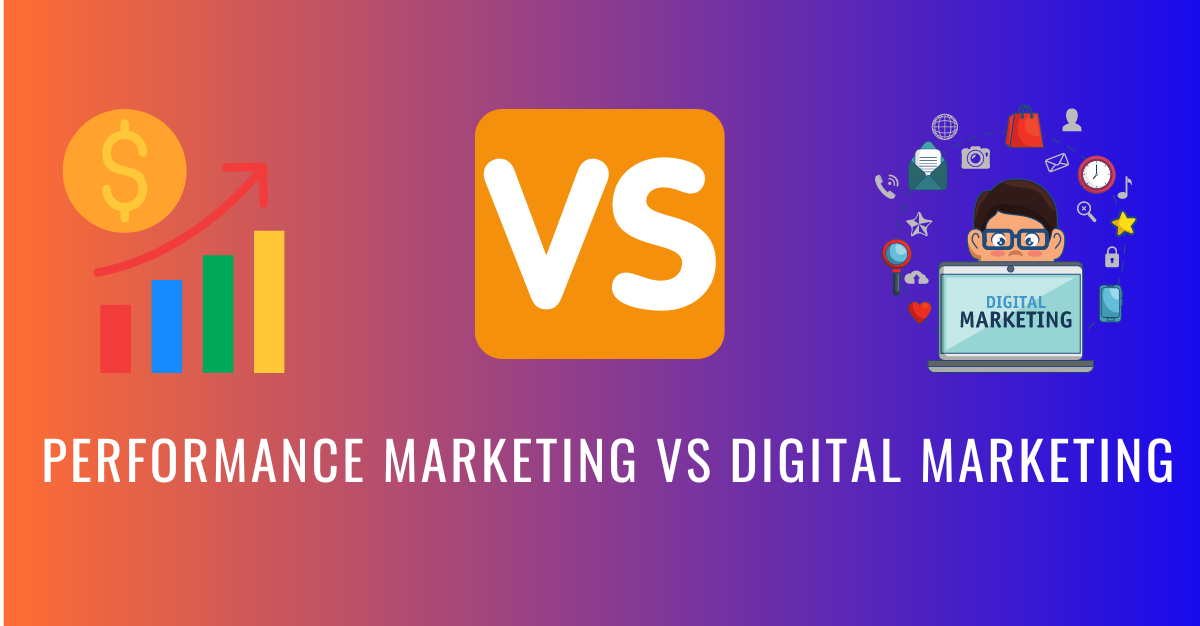
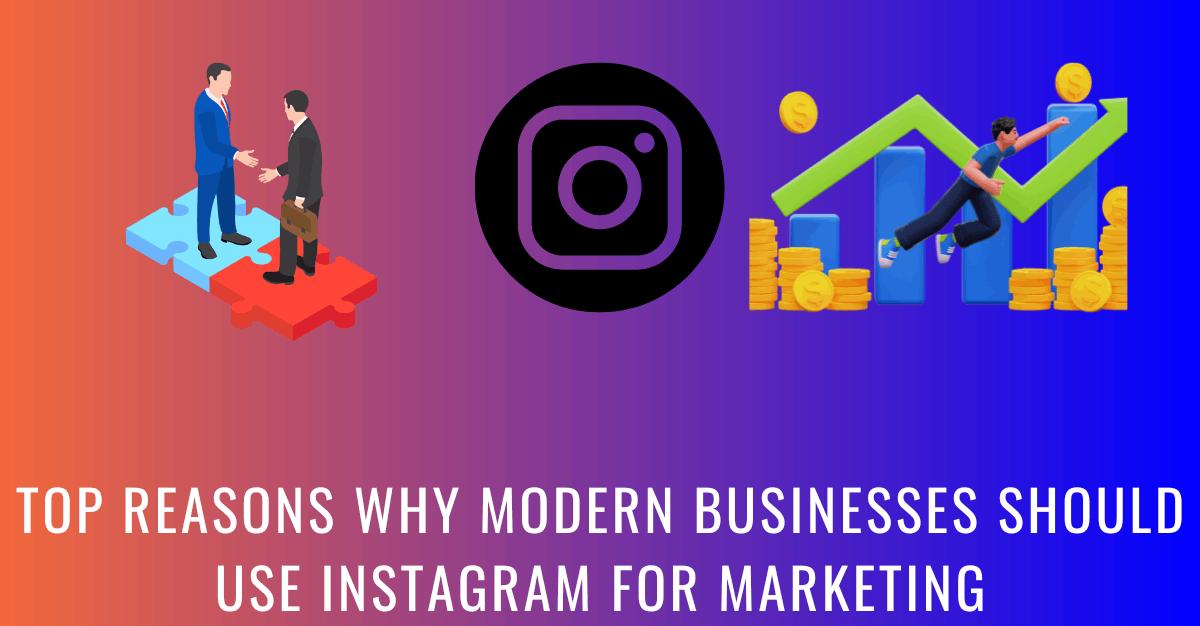



.png)
.png)

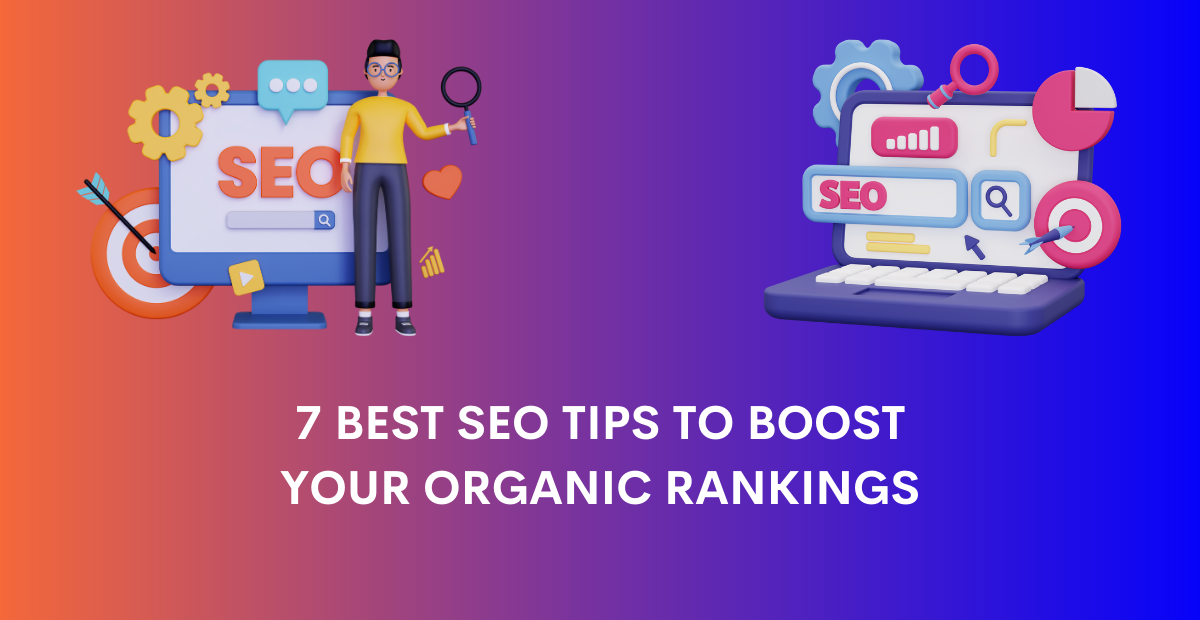
.png)
.png)
.png)
.png)
.png)
.png)
.png)

.png)
.png)
.png)
.png)
.png)
.png)
.png)
.png)
.png)
.png)
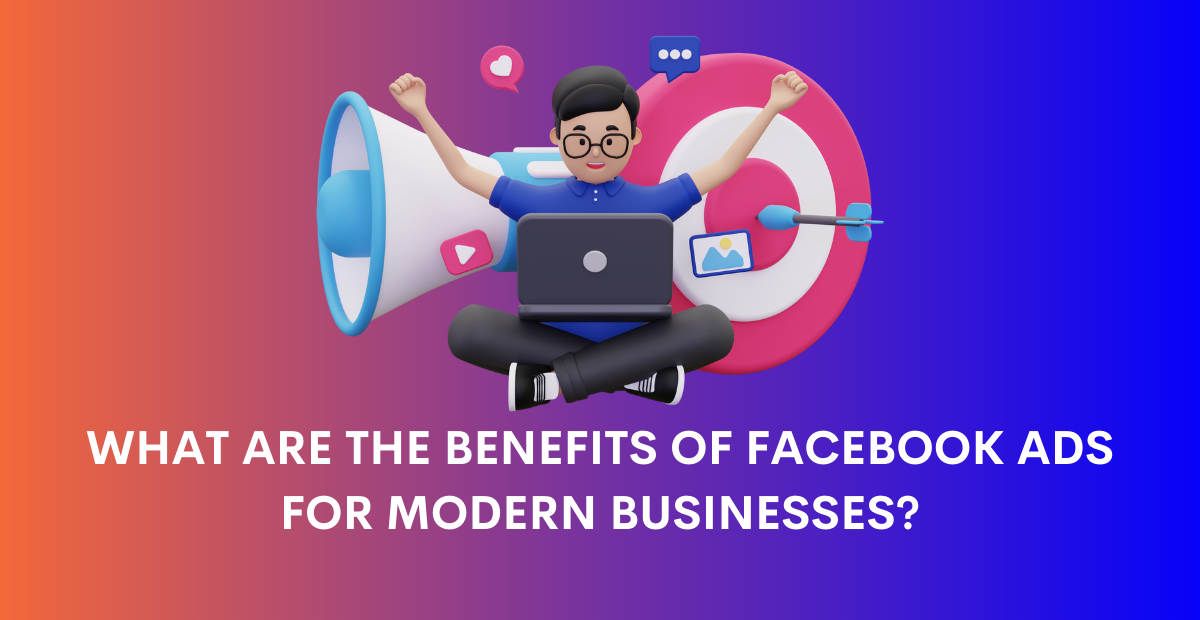






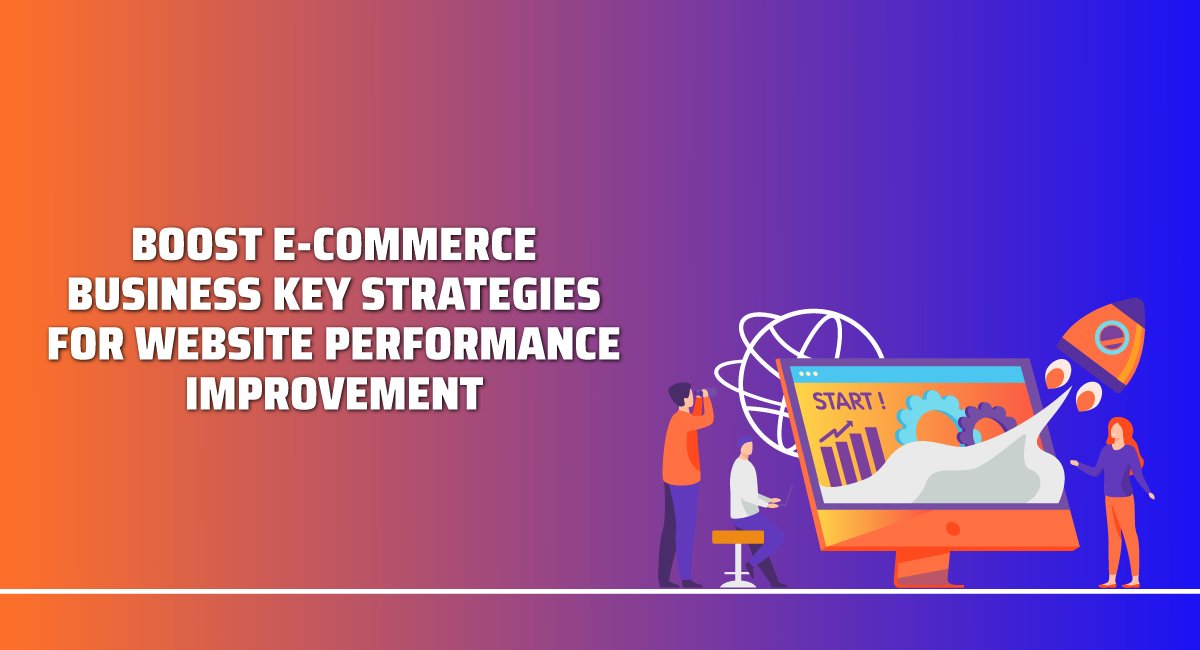

.jpg)


